|
Find out about 5 core character roles within a novel, and how the purpose they serve ensures the story stays focused.
|
|
Under normal circumstances he would never put his hands on a lady. However, these were not normal circumstances. Not by a long shot.
Ronnie struck the manager just above her right eye with the butt of the .38. A divot the width of a popsicle stick appeared above her eye. Blood spewed from the wound like water from a broken faucet. |
The filter words have gone, and with them the unintended pathological introspection, but the momentum is restored. We're in the moment with Ronnie as he lashes out. It's no less violent but the pace of the prose now mirrors the action authentically.
When filter words make space for reflection
Let’s take a look at another example from Cosby’s Razorblade Tears, this one also from Chapter 2.
The filter phrase is ‘looked at’, and it’s important. Ike is looking hard at what’s in front of him. As will be revealed later, this girl is his murdered son’s daughter. Ike recalls something he’d said to his son a few months earlier: ‘But that little girl, she gonna have it hard enough already. She's half Black. Her mama was somebody you paid to carry her, and she got two gay daddies. So now what?’
Ike and his wife will now be raising the little girl. Cosby wants to focus our attention inward for a moment on Ike’s reflection, and the filter word makes space for that.
While filter words can be effective when they’re used to create a sense of introspection, littering prose with them will be disruptive and pull the reader out of the viewpoint character's headspace. In other words, the psychic or narrative distance will be widened and we’ll feel disconnected from the immediacy of the character’s experience.
For that reason, always use filter words judiciously. In the above example, Cosby offers just a single nudge, and it’s enough.
Summing up
- When filter words front-load a sentence, they’re the first thing a reader notices.
- They destroy momentum and so are often best avoided in pacy action scenes, regardless of their position.
- And even if they do serve a purpose – focusing a reader’s attention inwards on how the viewpoint character acquires the experience they’re reporting (by looking, thinking, feeling etc.) – it's worth keeping their use to a bare minimum. One nudge will likely be enough.
Further reading
- For editors: Fiction editing learning centre
- For authors: Line craft learning centre
- Becoming a Fiction Editor (free booklet for editors)
- Blacktop Wasteland, Cosby, S.A., Headline, 2020
- Editing Fiction at Sentence Level (book for editors and authors)
- Filter words in fiction: Purposeful inclusion and dramatic restriction (blog post)
- Making Sense of ‘Show, Don’t Tell’ (book for editors and authors)
- Narrative Distance: A Toolbox for Writers and Editors (course)
- Razorblade Tears, Cosby, S.A., Headline, 2021
- Switching to Fiction (course for editors)
She is an Advanced Professional Member of the Chartered Institute of Editing and Proofreading (CIEP), a member of ACES, a Partner Member of The Alliance of Independent Authors (ALLi), and co-hosts The Editing Podcast.
- Get in touch: Louise Harnby | Fiction Editor & Proofreader
- Connect: Twitter at @LouiseHarnby, Facebook and LinkedIn
- Learn: Books and courses
- Discover: Resources for authors and editors
Listen to find out more about
- Writing a series vs standalone novels
- Tips on developing a coherent series
- Starting afresh with a new set of characters in a new environment
- Top creative-writing tips for beginner author
- Recommended writing-craft resources
- Back-cover blurb and Amazon blurbs
- Cover design
Here's where you can find out more about Andy Maslen's thrillers.
Dig into these related resources
- Author resources
- Book: Editing Fiction at Sentence Level
- Blog post: 3 reasons to use free indirect speech in your crime fiction
- Blog post: Crime fiction subgenres: Where does your novel fit?
- Blog post: How to write dialogue that pops
- Blog post: Playing with sentence length in crime fiction. Is it time to trim the fat?
- Blog post: Writing a crime novel – should you plan or go with the flow?
- Podcast episodes: The indie author collection
Music Credit
‘Vivacity’ Kevin MacLeod (incompetech.com). Licensed under Creative Commons: By Attribution 3.0 License. http://creativecommons.org/licenses/by/3.0/
She is an Advanced Professional Member of the Chartered Institute of Editing and Proofreading (CIEP), a member of ACES, a Partner Member of The Alliance of Independent Authors (ALLi), and co-hosts The Editing Podcast.
Visit her business website at Louise Harnby | Fiction Editor & Proofreader, say hello on Twitter at @LouiseHarnby, connect via Facebook and LinkedIn, and check out her books and courses.
Listen to find out more about
- What made David want to start writing and who inspired him
- Writing an alter ego
- The revision process
- On being edited
Here's where you can find out more about David Unger's books.
Dig into these related resources
- Author resources
- Book: Editing Fiction at Sentence Level
- Blog post: 3 reasons to use free indirect speech in your crime fiction
- Blog post: Crime fiction subgenres: Where does your novel fit?
- Blog post: How to write dialogue that pops
- Blog post: Playing with sentence length in crime fiction. Is it time to trim the fat?
- Blog post: Writing a crime novel – should you plan or go with the flow?
- Podcast episodes: The indie author collection
Music Credit
‘Vivacity’ Kevin MacLeod (incompetech.com). Licensed under Creative Commons: By Attribution 3.0 License. http://creativecommons.org/licenses/by/3.0/
She is an Advanced Professional Member of the Chartered Institute of Editing and Proofreading (CIEP), a member of ACES, a Partner Member of The Alliance of Independent Authors (ALLi), and co-hosts The Editing Podcast.
Visit her business website at Louise Harnby | Fiction Editor & Proofreader, say hello on Twitter at @LouiseHarnby, connect via Facebook and LinkedIn, and check out her books and courses.
Listen to find out more about
- What a zombie rule is
- Why split infinitives are not grammatically problematic
- Why it's okay to start a sentence with a conjunction
Dig into these related resources
- Blog post: Fiction grammar: Is it okay to start a sentence with ‘And’ or ‘But’?
- Blog post: What are expletives in the grammar of fiction?
- Blog post: Should I use a comma before coordinating conjunctions and independent clauses in fiction?
- Podcast: How to manage the grammar police
- Resources for proofreading your own writing
- Podcast: Linguist Rob Drummond on grammar pedantry, peevery and youth language
- Blog post: What's the difference between a rule and a preference? Advice for new writers
Music Credit
‘Vivacity’ Kevin MacLeod (incompetech.com). Licensed under Creative Commons: By Attribution 3.0 License. http://creativecommons.org/licenses/by/3.0/
She is an Advanced Professional Member of the Chartered Institute of Editing and Proofreading (CIEP), a member of ACES, a Partner Member of The Alliance of Independent Authors (ALLi), and co-hosts The Editing Podcast.
Visit her business website at Louise Harnby | Fiction Editor & Proofreader, say hello on Twitter at @LouiseHarnby, connect via Facebook and LinkedIn, and check out her books and courses.
Here's what two industry-recognized style guides have to say on the matter.
New Hart’s Rules (Oxford University Press): ‘You might have been taught that it’s not good English to start a sentence with a conjunction such as and or but. It’s not grammatically incorrect to do so, however, and many respected writers use conjunctions at the start of a sentence to create a dramatic or forceful effect.’
Chicago Manual of Style Online, 5.203 (Chicago University Press): ‘There is a widespread belief—one with no historical or grammatical foundation—that it is an error to begin a sentence with a conjunction such as and, but, or so. In fact, a substantial percentage (often as many as 10 percent) of the sentences in first-rate writing begin with conjunctions. It has been so for centuries, and even the most conservative grammarians have followed this practice.'
6 good reasons to start a sentence with ‘And’ or ‘But’
Great! We have the go-ahead from a couple of big hitters to use our two conjunctions at the beginning of a sentence. Now let’s dig a little deeper into why doing so can make fiction more effective. Here are my top six reasons:
- To serve natural speech
- To shorten narrative distance
- To introduce tension and suspense
- To add drama
- To emphasize the unexpected
- To make contrast explicit
Serving natural speech
When we speak in real life, conjunctions are often the first things out of our mouths. So it should be in novels that want to render speech authentically.
Fictional dialogue doesn’t replicate real-life speech completely – that would mean including a lot of boring stuff that one might hear at the bus stop. Rather, it’s a sort of hybrid that has the essence of reality but with the mundanity judiciously removed. It might sound like a cheat but readers thank authors who don’t bore them!
Small nudges towards reality help with the authenticity goal, which is where our conjunctions come in handy. Here are a few examples for you:
|
‘And you will have no hesitation in doing what has to be done? You have no doubts?’ (At Risk, Stella Rimington, p. 187)
‘And where’s he getting the money from? You know the situation as well as I do. He isn’t on leave of absence from a university.’ (The Dream Archipelago, Christopher Priest, p. 227) “But your way makes more sense. So you think Maura was working with Rex?” “I do.” “Doesn’t mean she didn’t set Rex up.” “Right.” “But if she wasn’t involved in the murder, where is she now?” (Don’t Let Go, Harlan Coben, p. 76) |
Shortening narrative distance
Dialogue gives us the character’s speech; narrative gives us the character’s experience. When that’s a first-person narrative, it’s easy to feel close to the narrator. With a third-person narration, the reader can feel separated from the character, as if they’re on the outside looking in.
Authors who want to reduce that space between the reader and the character – called narrative distance or psychic distance – can experiment with a narration style that sounds like natural speech even though it’s not dialogue.
Here’s a lovely example from Blake Crouch’s Recursion (p. 182).
|
There's a part of him that wants to run down there, charge through, and shoot every fucking person he sees inside that hotel, ending with the man who put him in the chair. Meghan’s brain broke because of him. She is dead because of him. Hotel Memory needs to end.
But that would most likely only get him killed. No, he'll call Gwen instead, propose an off-the-books, under-the-radar op with a handful of SWAT colleagues. If she insists, he'll take an affidavit to a judge. |
Notice how the narration style is third person, though it doesn’t feel like it. Instead, we’re right inside the viewpoint character’s head.
The position of the conjunction in this example isn’t the sole reason why the narrative distance feels short – the free indirect speech above and beneath plays a huge part – but it certainly helps to give us a sense of the character’s mentally working out a problem.
Introducing tension and suspense
Take a look at this excerpt from p. 21 of The Matlock Paper by Robert Ludlum.
|
Matlock walked to the small, rectangular window with the wire-enclosed glass. The police station was at the south end of the town of Carlyle, about a half a mile from the campus, the section of town considered industrialized. Still, there were trees along the streets. Carlyle was a very clean town, a neat town. The trees by the station house were pruned and shaped.
And Carlyle was also something else. |
With that one word – the conjunction – Ludlum stops us in our tracks. Yes, we’re thinking, the town’s neat, it’s clean. All well and good. But then we realize that there’s more to it, for beneath the pruned trees lies a dark underbelly.
The ‘And’, positioned right up front, forces us to pay attention to it. It’s not any old conjunction. Rather, it’s loaded with suspense that drives the reader to ask a question that isn’t explicitly answered: What else is that ‘something’?
Adding drama and modifying rhythm
In this excerpt from Parting Shot (p. 433), the author uses the conjunction at the beginning of the sentence to inject drama into a scene.
The new line makes the rhythm of the prose more staccato, but the ‘And’ at the beginning of the final line is what really packs a punch.
The viewpoint character, Cory, is a killer. He ponders almost matter-of-factly who the threats are, and reaches his conclusion as he closes in on the cabin.
|
Dolly Guntner certainly wasn't in a position to say anything bad about him.
Which left Carol Beakman. Carol had seen him. And while she didn't actually see him kill Dolly, if the police ever spoke with her, she'd be able to tell them it couldn't have been anyone else but him. As far as Cory could figure, the only living witness to his crimes was Carol Beakman. He was nearly back to the cabin. It seemed clear what he had to do. And he'd have to do it fast. |
If Linwood Barclay had omitted the conjunction, he’d have introduced a separation between two ideas: realizing what needs to be done, and when the killer is going to do it. Yet these two ideas are very much connected. The ‘And’ therefore fulfils its purpose as a conjunction – a joining word.
But there’s more. If he’d run the two ideas together with a conjunction between (‘It seemed clear what he had to do, and he'd have to do it fast.’), the line would have lost its wallop. The staccato rhythm (one that mirrors the cold calculation taking place in Cory’s head) is gone. Instead, the prose has flatlined; it seems almost mundane, like a stroll in the park rather than the planning of a murder.
However, the ‘And’ reinforces this extra information – the deed must be done fast. The emphasis adds drama to the line. The final line is still connected to the clause it’s related to, but the mood-rich rhythm, and the drama that comes with it, is intact.
Emphasizing the unexpected
An up-front ‘But’ is perfect for the author who want to emphasize the unexpected, surprise or absurdity. Take a look at this excerpt from Terry Pratchett’s Dodger (p. 170).
It’s true that omitting the ‘But’ would leave the meaning intact. However, adding the conjunction reinforces the Dodger’s emotional response to the boy’s suggestion – he’s taken by surprise because in times past, asking a peeler was exactly what he’d have done, without question, without fear.
And so that ‘But’ does more than act as a conjunction. With just three letters, we’re shown character mood.
Making contrast explicit and suspenseful
David Rosenfelt’s New Tricks (p. 92) includes a smashing example how the conjunction at the beginning of the sentence reinforces a contrast with what’s gone before.
|
I won't be able to place this in any kind of context until I go through everything Sam has brought, though he says he didn't see a reply to Jacoby's questions. Certainly the fact that a man who was soon to be a murder victim experimenting in any way with his own DNA is at least curious, and something for me to look into carefully if I stay on the case.
But a nurse comes in and asks me to quickly come to Laurie's room, so right now everything else is going to have to wait. |
That contrast is explicit because the ‘But’ acts as an interrupter. We’re deep in the POV character’s head regarding the murder victim, ruminating with our protagonist. The conjunction then shoves us out of that rumination. It’s not gentle; the ‘But’ is a big one – something’s up with Laurie.
Not that we know what. Rosenfelt doesn’t tell us yet. Instead, he makes us ask the question: Why? And with that question, just as with the Ludlum example above, we have suspense.
Summing up
Feel free to pepper your prose with sentences that begin with ‘And’ and ‘But’. Anyone who tells you you’re on shaky ground grammatically knows less about grammar than you do!
It’s likely that the myth around positioning these conjunctions came about in a bid to nudge people away from stringing together clauses and sentences with no thought to creativity. And while such an intention makes sense, we have to recognize that imposing this zombie rule on writing can actually destroy the magic of prose.
And on that note, I will sign off! (See what I did there?)
More fiction editing guidance
- 3 reasons to use free indirect speech
- Author resources library: Booklets, videos, podcasts and articles for authors
- Commas, conjunctions and rhythm
- Coordinating conjunctions
- Editing Fiction at Sentence Level: My flagship line-editing book
- How to write suspenseful chapter endings
- Rules versus preferences
- Sentence length, pace and tension
- Switching to Fiction: Course for new fiction editors
- Transform Your Fiction guides: My fiction editing series for editors and authors
Cited sources
- At Risk, Stella Rimington, Arrow Books, 2004
- Don’t Let Go, Harlan Coben, Arrow Books, 2017
- Dodger, Terry Pratchett, Corgi, 2012
- Recursion, Blake Crouch, Pan Macmillan, 2019
- The Matlock Paper, Robert Ludlum, Orion, 2010
- The Dream Archipelago, Christopher Priest, Gollancz, 2009
- Parting Shot, Linwood Barclay, Orion, 2017
- New Tricks, David Rosenfelt, Grand Central Publishing, 2009
She is an Advanced Professional Member of the Chartered Institute of Editing and Proofreading (CIEP), a member of ACES, a Partner Member of The Alliance of Independent Authors (ALLi), and co-hosts The Editing Podcast.
Visit her business website at Louise Harnby | Fiction Editor & Proofreader, say hello on Twitter at @LouiseHarnby, connect via Facebook and LinkedIn, and check out her books and courses.
Common examples are:
- there are/is/was/were
- it is/was
Take a look at the following pair. The first sentence is introduced by an expletive.
- There was a car parked outside the house.
- A car was parked outside the house.
When used well, expletives are enrichment tools that allow an author to play with a narrative voice’s register and the rhythm of sentences.
When prose is overloaded with them, it can feel cluttered with filler words that add nothing but ink on the page. At best, they widen the narrative distance between the reader and the POV character; at worst, they flatten a sentence and destroy suspense and tension.
Too much telling of what there is or was can rip the immediacy from a scene and encourage skimming. That’s a problem – it means the reader isn’t engaged and risks missing something.
Furthermore, if they’re not performing their rhythmic or emphasis role, expletives make sentence navigation more difficult because all they're doing is cluttering the prose.
Here's an example. Think I've overworked it? There are published books from mainstream presses with passages just like this made-up one.
It was a tiny room. There was a light switch with rust-coloured smudged fingermarks on the melamine surface. Was that blood? There was a noise coming from beyond on the back wall. It was a high-pitched whimper. Then there was silence. She held her breath and tiptoed forward.
Suddenly there was a scream.
The problem with the expletives in the passage above is that readers are bogged down in what there was rather than the viewpoint character's experience of discovery. Let's revise it to fix the problem.
The room was tiny. Rust-coloured fingermarks smudged the melamine surface of the light switch. Blood maybe. A noise came from beyond a door on the back wall. A high-pitched whimper. Then nothing. She held her breath and tiptoed forward.
A scream shattered the silence.
Notice how the narrative distance has been reduced in the revised passage. Now it's as if we're in the viewpoint character's head, moving with her second by second. We can focus on the room, the dried-blood fingermarks, the whimper, and the scream rather than the being of those things – their was-ness.
Removing the expletives and swapping in stronger verbs (smudged, shattered) enables us to tighten up the prose and introduce immediacy. And now there's no need for the told 'suddenly' – we experience the suddenness through the in-the-moment shattering.
As is always the case, obliterating expletives from a novel would be inappropriate because sometimes they're the perfect tool to help out with rhythm and emphasis.
The opening paragraph of Charles Dickens’s A Tale of Two Cities (p. 1) uses expletives galore, and masterfully at that. The repetition (anaphora) brings a steady rhythm to the passage that ensures the reader gives equal weight to the contrasting extremes – from best and worst to hope and despair.
The expletives introduce a detached sense of reportage that forces us forward rather than allowing us to dwell on any of the heavens or hells on offer. It’s simultaneously mundane and monstrous, and that's why it's magical.
And here’s an example from Dog Tags (p. 1) where omission of the expletive would rip the energy from the opening first line of the chapter and interfere with our understanding of which words we’re supposed to emphasize.
That was the USA Today headline on a piece that ran about me a couple of months ago.
Summing up
Grammatical expletives are a normal part of language and have every right to be in a novel. Overloading can destroy tension and make for a laboured narrative, but a purposeful peppering can amplify character emotion, moderate rhythm, and make space for the introduction of big themes in small spaces without sensory clutter.
Cited works and further reading
- Author resource library (includes links to free webinars)
- A Tale of Two Cities, Charles Dickens, W. W. Norton & Company; Critical edition, 2020
- Dog Tags, David Rosenfelt, Grand Central Publishing, Reprint edition, 2011
- Editing Fiction at Sentence Level: A Guide for Beginner and Developing Writers
- Making Sense of Punctuation: Transform Your Fiction 2
- ‘Playing with sentence length in crime fiction. Is it time to trim the fat?’
- ‘Playing with the rhythm of fiction: commas and conjunctions’
- 'Should I use a comma before coordinating conjunctions and independent clauses in fiction?'
- ‘What is anaphora and how can you use it in fiction writing?’
- 'Why "suddenly" can spoil your crime fiction'
She is an Advanced Professional Member of the Chartered Institute of Editing and Proofreading (CIEP), a member of ACES, a Partner Member of The Alliance of Independent Authors (ALLi), and co-hosts The Editing Podcast.
Visit her business website at Louise Harnby | Fiction Editor & Proofreader, say hello on Twitter at @LouiseHarnby, connect via Facebook and LinkedIn, and check out her books and courses.
Point of view (POV) describes whose head we’re in when we read a book ... from whose perspective we discover what’s going on – and the smells, sounds, sights and emotions involved.
Third-person omniscient POV
This viewpoint is probably the trickiest to master. Omniscient means all-knowing. It’s the most flexible because it gives the reader potential access to every character’s external and internal experiences. It also has the potential to be the least intimate if not handled well.
Imagine a futuristic news helicopter. Inside, our roving reporter shifts her camera from one person to another, and one setting to another. She’s also got some serious kit, stuff that enables her to tap everyone’s phones, TVs and computers. But that’s not all; the characters’ brains are bugged too; our reporter knows what they’re thinking. She can see, hear and smell it all! Says Sophie Playle:
Examples: Deeper knowledge than third-person narration
If you’ve read anything by Neil Gaiman, you’ll see a blatant external narrator in evidence with a depth of knowledge that defies the rules of a third-person viewpoint. Here’s an example from Neverwhere (p. 10).
|
He continued, slowly, by a process of osmosis and white knowledge (which is like white noise, only more informative), to comprehend the city, a process which accelerated when he realized that the actual City of London itself was no bigger than a square mile [...]
Two thousand years before, London had been a little Celtic village on the north shore of the Thames which the Romans had encountered and settled in. London had grown, slowly, until, roughly a thousand years later, it met the tiny Royal City of Westminster [...] London grew into something huge and contradictory. It was a good place, and a fine city, but there is a price to be paid for all good places, and a price that all good places have to pay. After a while, Richard found himself taking London for granted. |
The first ten words might appear to be a third-person viewpoint (‘He’ refers to Richard, the protagonist), but that’s not the case. What follows is a distinct narrative other, a voice that explains ‘white knowledge’.
In the second and third paragraphs, the all-knowing narrator offers historical information. Then in the final paragraph, we’re told more about Richard. The viewpoint was never third-person objective. It was omniscient all along.
In Cormac McCarthy’s The Road, ‘the man’ takes centre stage in most of the sections such that we see what he sees and feel what he feels. It’s almost as if he’s the narrator, and once more we could be forgiven for thinking the viewpoint third person. But there’s more going on here.
In the following extracts, notice the shift beyond what it’s possible for the man to see, think or know.
|
He woke in the morning and turned over in the blanket and looked down the road through the trees the way they’d come in time to see the marchers four abreast. Dressed in clothing of every description, all wearing red scarves at their necks. Red or orange, as close to red as they could find. He put his hand on the boy’s head. Shh, he said. (pp. 95–6)
He wallowed into the ground and lay watching across his forearm. An army in tennis shoes, tramping. Carrying three-foot lengths of pipe with leather wrappings. [...] The phalanx following carried spears or lances tasselled with ribbons, the long blades hammered out of trucksprings in some crude forge upcountry. The boy lay with his face in his arms, terrified. (p. 96) |
In the first extract, only an all-knowing alternative narrator could be privy to the intent behind the marchers’ colour choice of scarves. In the second, the man watches the army, but it’s only an omniscient narrator who can know where their blades were forged and how the boy is feeling. Maybe that narrator is McCarthy; maybe it’s someone else. But it’s not the man.
Example: World-building backstory in a flash
Some genres – science fiction and fantasy for example – lend themselves well to omniscient narrators because they can provide critical world-building backstory quickly. Terry Pratchett’s Wyrd Sisters provides a fine example (pp. 1–2).
|
Through the fathomless deeps of space swims the star turtle Great A’Tuin, bearing on its back the four giant elephants who carry on their shoulders the mass of the Discworld. A tiny sun and moon spin around them, on a complicated orbit to induce seasons, so probably nowhere else in the multiverse is it sometimes necessary for an elephant to cock a leg to allow the sun to go past.
Exactly why this should be may never be known. Possibly, the Creator of the universe got bored with all the usual business of axial inclination, albedos and rotational velocities, and decided to have a bit of fun for once. |
What omniscient is not
An omniscient viewpoint can be powerful but it needs to be controlled and used with purpose. If we’re accessing one character’s thoughts and experiences, and we jump to another character’s viewpoint, it can jar the reader. That's called head-hopping.
Imagine you’re listening to your best friend tell you about a difficult experience. Even though it didn’t happen to you, her description of the event helps you to imagine the challenges she faced, the emotions she grappled with. You’re thoroughly immersed and emotionally connected.
Then someone else barges up to you both and tells you what it was like for them. Your friend butts back in to wrestle the telling back to her.
Would the interruption annoy and frustrate you? Would you feel like your efforts to invest in your friend’s story were being thwarted?
The impact is the same when it occurs in a book’s narrative (though not the dialogue, of course). That viewpoint ping pong is not omniscient POV. It’s third-person limited gone awry.
Recommendation
I recommend caution. The beauty of fiction often lies in the unveiling, in the immersion. Overuse of an omniscient narrator can block this.
The all-seeing eye can be a powerful tool – as demonstrated by the examples above – but less experienced authors, particularly those writing commercial fiction such as thrillers and mysteries, risk accidental head-hopping, which will destroy the tension and distance the reader from the characters.
Cited sources and related reading
- Editing Fiction at Sentence Level, Louise Harnby, Panx Press, 2020
- Making Sense of Point of View (Transform Your Fiction series: 1), Louise Harnby, Panx Press, 2020
- Neverwhere, Neil Gaiman, William Morrow Paperbacks, reprint edition, 2016
- Resources for authors: Library of articles, podcasts, videos and booklets for independent writers
- The Road, Cormac McCarthy, Picador, 2009
- 'What’s the Difference Between Omniscient and Third Person Narration?' Sophie Playle, Liminal Pages
- 'What is head-hopping?'
- Wyrd Sisters, Terry Pratchett, Harper, reprint edition, 2013
She is an Advanced Professional Member of the Chartered Institute of Editing and Proofreading (CIEP), a member of ACES, a Partner Member of The Alliance of Independent Authors (ALLi), and co-hosts The Editing Podcast.
Visit her business website at Louise Harnby | Fiction Editor & Proofreader, say hello on Twitter at @LouiseHarnby, connect via Facebook and LinkedIn, and check out her books and courses.
Dialogue tags, or speech tags, are complementary short phrases that tell the reader who’s talking. They’re not always necessary, particularly if there are only two speakers in a scene, but when they are used, this is what they look like:
- ‘Dump that corpse and don’t ever mention it again,’ the hooded guy whispered.
- “Thanks for holding the gun,” Tom said. “Now pull the trigger.”
- Marg turned. Smirked. Said, ‘Tomorrow. If you’re late, he’s late. Geddit?’
Said is often best because readers are so used to seeing it that it’s pretty much invisible and therefore less interruptive.
What’s the rule about where tags go?
Dialogue tags can be placed after, between or before dialogue. Authors sometimes ask which position is best or whether there’s a rule.
There is no rule. All three positions have advantages and disadvantages, depending on what you want to achieve.
Position: After dialogue
Readers are so used to seeing speech tags like said at the end of dialogue that they’re almost invisible. That allows the dialogue, rather than the speaking of the dialogue, to be the focus.
Below is a wee example from Recursion (p. 292). The speech takes centre stage; the doing of speech (screaming, in this case) comes afterwards.
Furthermore, when the tag comes after the dialogue, it can roll seamlessly into any supporting narrative, as shown in the example from The Ghost Fields (p. 194).
|
“Come on!” he screams.
‘It’s very … evocative,’ says Ruth. This is true. The brushwork may be crude, the planes out of perspective and the figures barely more than stick men, but there’s something about the work of the unknown airman that brings back the past more effectively than any documentary or reconstruction. |
There are a couple of potential disadvantages:
- In longer chunks of dialogue in scenes with more than two speakers, the reader will have to wait until the end of the speech to find out who’s saying what.
- Placement at the end of speech can flatten a one-liner or suspense point in dialogue.
Position: Between dialogue
Placing speech tags between dialogue is also common and unlikely to jar the reader. Here are three reasons why it works:
- The tag breaks up longer streams of dialogue, which is especially handy if a monologue’s rearing its head.
- We’re given an early indication who’s speaking. If there are more than two speakers in a scene, and the reader’s likely to be confused, placement between the speech is an effective solution.
- One-liners, suspense points and shocks get to take centre stage. Adding the speech tag at the end could flatten the tension.
Here are two examples in which the mid placement of the tag means the suspense isn't interfered with. The first is taken from The Ghost Fields (p. 194); the second is something I made up.
In the second example, rejig the sentence so that Tom said comes after all the speech, and notice how this makes the wallop vanish from the line about pulling the trigger.
Position: Before dialogue
Placement of the tag before the dialogue isn’t a no-no but it is a less common option and more noticeable.
A tag tells of speaking; dialogue shows character voice, mood and intention. When the speaker’s announced first, it’s a tap on the shoulder that draws attention to speaking being done. It expands what author and creative-writing expert Emma Darwin calls the ‘psychic distance’ between the reader and the speaker, which can flatten the mood.
And, yet, this can also be its advantage. That tap introduces a more staccato rhythm that can stop a reader in their tracks.
In this extract from Recursion (p. 292), the placement of the tag before the dialogue induces an acute sense of resignation – that dull thump in the pit of one’s stomach when the proverbial’s hit the fan.
Not placing tags: Omission
There’s no need to include a speech tag if it’s adding nothing but clutter. In the following example from Recursion (p. 125), the author has omitted them because there are only two speakers. He lets the dialogue, and its punctuation, inject the voice, mood and intention into the scene rather than telling us who’s speaking and how they’re saying it.
Summing up
Placement of dialogue tags isn’t about rules. It’s about purpose:
- Varying rhythm
- Respecting mood and suspense
- Clarifying who’s speaking
- Avoiding unnecessary clutter
For that reason, mixing up the position of speech tags can be effective.
Let’s end with an extract from Out of Sight (pp. 135–7), which demonstrates the varied ways in which author Elmore Leonard handles his tagging: beginning, between, end, and omission.
|
‘But you think they’re coming back,’ Karen said.
‘Yes, indeed, and we gonna have a surprise party. I want you to take a radio, go down to the lobby and hang out with the folks. You see Foley and this guy Bragg, what do you do?’ ‘Call and tell you.’ ‘And you let them come up. You understand? You don’t try to make the bust yourself.’ Burdon slipping back into his official mode. Karen said, ‘What if they see me?’ ‘You don’t let that happen,’ Burdon said. ‘I want them upstairs.’ |
Cited sources and further reading
- Editing Fiction at Sentence Level, Louise Harnby, Panx Press, 2020
- How to Punctuate Dialogue (free webinar)
- Out of Sight, Elmore Leonard, Weidenfeld & Nicolson, 2017
- Recursion, Blake Crouch, Pan, 2020
- The Ghost Fields, Elly Griffiths, Quercus, 2015
She is an Advanced Professional Member of the Chartered Institute of Editing and Proofreading (CIEP), a member of ACES, a Partner Member of The Alliance of Independent Authors (ALLi), and co-hosts The Editing Podcast.
Visit her business website at Louise Harnby | Fiction Editor & Proofreader, say hello on Twitter at @LouiseHarnby, connect via Facebook and LinkedIn, and check out her books and courses.
Point of view (POV) describes whose head we’re in when we read a book ... from whose perspective we discover what’s going on – and the smells, sounds, sights and emotions involved.
There can be multiple viewpoints in a book, not all of which have to belong to a single character. Plus, editors’ and authors’ opinions differ as to which approach works best, and what jars and why.
My aim is to keep the guidance as straightforward as possible, not because I think you should only do it this way or that way, but because most people (myself included) handle complexity best when they start with the foundations.
Second-person narrative viewpoint
In second-person narrative POVs, the pronoun is ‘you’. This narration is intimate, but strangely so, as if the author is talking directly to the reader as a character.
That intrusive element is both its strength and its weakness. It’s powerful because it places readers at the heart of the story, and yet we – the ‘you’ – know less than the narrator.
That can create a sense of immediacy, but almost amnesiac dislocation. We have to discover what we think, see, know and do. And if we don’t identify with the ‘you’ – if we feel implicated rather than attached – we can be pulled out of the story rather than brought deeper into it.
Still, this controlling aspect of second person can have an advantage. Whereas first-person narrators tell you what they thought and did, second-person narrators tell us what we thought and did.
This witnessing adds a level of reliability (even if we don’t like it). And readers aren’t daft. They know they’re not really the you-character, which means authors could use it as a tool to create surprise when the ‘you’ is unveiled later in the book.
If you want your readers to feel connected but controlled, second-person POV might be just the ticket, but it’s difficult to pull off and rare that authors of contemporary commercial fiction write an entire novel in it (though check out Half Asleep in Frog Pajamas by Tom Robbins if you want to see a good example in action).
More likely, you’ll see shorter-form use: dedicated chapters or other narrative forms such as diary entries, letters or other missives.
In this example from Complicity (p. 9), Iain Banks uses the second-person viewpoint in which a narrator reports on the actions and thoughts of an unnamed serial killer addressed as ‘you’.
|
There is another faint crunching noise as the body spasms once and then goes limp. Blood spreads blackly from his mouth over the collar of his white shirt and starts to drip onto the pale marble of the steps. [...]
You go downstairs and walk through the kitchen, where the two women sit tied to their chairs; you leave via the same window you entered by, walking calmly through the small back garden into the mews where the motorbiked is parked. You hear the first faint, distant screams just as you take the bike’s key from your pocket. You feel suddenly elated. You’re glad you didn’t have to hurt the women. |
Think about how you feel as you read this. It’s as if you’re being addressed, as if you’re complicit. At the very least, the prose arouses curiosity – who is this ‘you’, and how is it that the narrator knows so much about them?
Banks doesn’t present the novel fully in second person; these sections fall between those of a first-person viewpoint character, journalist Cameron Colley. As such, readers are confronted by a juxtaposition of Cameron’s version of events and what was witnessed by the narrator.
Recommendation
By all means, experiment with second-person point of view but understand its implications. If you want to draw your reader into the heart of your story, it’s a good choice. However, that connection can come at a price – a lack of control that could alienate your audience.
For that reason, consider the purpose of this narrative style and the extent to which you employ it. It might be better constrained – limited to chapters inhabited by specific viewpoint characters.
If in doubt, rewrite your scene in an alternative narrative viewpoint so you can evaluate how this affects your perception of the story as a reader.
|
Cited sources and related reading
|
She is an Advanced Professional Member of the Chartered Institute of Editing and Proofreading (CIEP), a member of ACES, a Partner Member of The Alliance of Independent Authors (ALLi), and co-hosts The Editing Podcast.
Visit her business website at Louise Harnby | Fiction Editor & Proofreader, say hello on Twitter at @LouiseHarnby, connect via Facebook and LinkedIn, and check out her books and courses.
Each new paragraph signifies a change or shift of some sort ... perhaps a new idea, piece of action, thought or speaker, even a moderation or acceleration of pace. Still, the prose in all those paragraphs within a section is connected.
Paragraph indents have two purposes in fiction:
- Readability: They help the reader identify the shifts visually.
- Connectivity: They indicate a journey. Indented paragraphs are related to what's come before ... part of the same scene.
First lines in chapters and new sections
Chapters and sections are bigger shifts: perhaps the viewpoint character changes, or there's a shift in timeline or location.
To mark this bigger shift in a novel, it’s conventional not to indent the first line of text in a new chapter or a new section. You might hear editorial folks refer to this non-indented text as full out.
- This is standard with narrative and dialogue.
- The convention applies regardless of your line spacing.
NARRATIVE LAYOUT
The following example is taken from Part 5, Chapter 2, of Christopher Priest’s Inverted World (p. 287, 2010):
- Paragraph 1 is the first in the chapter.
- The first line is not indented.
- The first lines of the paragraphs that follow it (2) are indented.
- Paragraph 1 is the first in the section.
- The first line is not indented.
- The first lines of the paragraphs that follow it (2) are indented.
- Paragraph 1 is the first in the chapter.
- The capital letter on the first and second lines is not indented.
- The first line of the paragraph that follows it (2) is indented.
The same applies even if the chapter or section starts with dialogue, as in this excerpt from David Rosenfelt's Dog Tags (p. 192, Grand Central, 2010):
- Paragraph 1 is the first in the chapter.
- The first line is not indented.
- The first lines of the paragraphs that follow it (2) are indented.
The example below from Blake Crouch's Recursion (p. 4, Macmillan, 2019) shows how the indentation works in the body text when there's a mixture of dialogue and narrative.
- Regardless of whether the prose is narrative or reported speech, the text is indented.
- The convention applies regardless of line spacing.
Even if you've elected to set your book file with double line spacing (perhaps at the request of a publisher, agent or editor), the indentation convention applies. Here's the Recursion example again, tweaked to show what it would look like:
Your novel might include special elements such as letters, texts, reports, lists or newspaper articles. Authors can choose to set off these elements with wider line spacing, but how do we handle the text that comes after?
Again, it's conventional to indent text that follows this content, regardless of whether it's narrative or dialogue. That's because of the connective function; the text is part of the same scene.
Here are some examples from commercial fiction pulled from my bookshelves.
- REPORT: The Outsider, Stephen King, Hodder, 2018, p. 252
- LIST: Life of Pi, Yann Martel, Canongate, 2002, p. 146
- TRANSCRIPT: Snap, Belinda Bauer, Black Swan, 2018, p. 36
- RECORD: Ready Player One, Ernest Cline, Arrow, 2012, p. 300
That's what I think's happened in the example below from Kate Hamer's The Girl in the Red Coat (p. 325, Faber & Faber, 2015). Of course, it took me only a split second to work out that the narrator is referring to the preceding letter, but it's a split second that took me away from the story because I'd assumed I was looking at a section break.
My preference would be to indent 'I touch my finger [...]' because that text is part of the scene, not a new section.
Let's finish with some quick guidance on creating first-line indents.
Avoid using spaces and tabs to create indents in Word. Instead, create proper indents. There are several ways to do this.
- Open the Home tab (1).
- Select your text.
- Move your cursor to the ruler and select the top marker (2).
- Drag it to the position of your preferred indent.
- Right-click on the style in the ribbon (3).
- Select 'Update Normal to Match Selection'.
- Open the Home tab (1).
- Open the Styles pane via the arrow icon (4).
- Select your text.
- Move your cursor to the ruler and select the top marker (2).
- Drag it to the position of your preferred indent.
- Go to the Styles pane (5) and right-click on the style (6).
- Select 'Update Normal to Match Selection'.
- Open the Home tab (1).
- Open the Styles pane via the arrow icon (4).
- Go to the Styles pane (5) and right-click on the style (6).
- Select 'Modify' to open the Modify Styles pane (A).
- Click on the Format button in the bottom left-hand corner (B).
- Select Paragraph to open the Paragraph pane (C).
- Make sure you're in the Indents and Spacing tab.
- Look at the Indentations section in the middle. Make sure 'First line' is selected under 'Special:' (D).
- Adjust the first-line indent according to your preference (E).
- Click OK (F).
- If using the ruler, ensure the markers (2) are aligned, one on top of the other.
- If using the styles pane, adjust the indent spacing (E) to zero.
If you need more assistance with creating styles, watch this free webinar. There's no sign-up; just click on the button and dig in.
She is an Advanced Professional Member of the Chartered Institute of Editing and Proofreading (CIEP), a member of ACES, a Partner Member of The Alliance of Independent Authors (ALLi), and co-hosts The Editing Podcast.
Visit her business website at Louise Harnby | Fiction Editor & Proofreader, say hello on Twitter at @LouiseHarnby, connect via Facebook and LinkedIn, and check out her books and courses.
When a reader can access the internal experiences (emotions, thoughts, memories) of more than one character in a chapter or section, head-hopping is usually in play.
The exception is if you’re tackling the tricky beast that is omniscient narration. It’s difficult to pull off and rarely used in contemporary commercial fiction.
Here’s an example of what head-hopping looks like on the page. Jack is the viewpoint character and the narration style is third-person limited.
Pete weaves through the grass and slumps into a hollow in the dune. His brother’s whoop, the arc of his arm … just like Dad’s when they played skimming stones. Before the accident. Before the world changed. He shakes the memory from his head. Dwelling on that stuff never ends well.
Jack turns away from the ocean, waves and calls for Pete to come down but the crashing surf swallows his words.
Notice the following:
- Best ever is Jack’s thought. That puts us in his head, which is fine because this is an excerpt from a chapter in which he’s the viewpoint character. But that means we cannot access what’s going on in Pete’s head – how he is remembering his dad and the accident, and the decision to not dwell on those things.
- Look at the physicality too. Jack turns away from the water, which means he was facing it and couldn’t have observed Pete weaving through the grass and slumping into the dune. All he can do is see Pete on the dune after he’s turned.
How to enter a non-viewpoint character’s space without dropping viewpoint
There will be times when you want your reader to enter the emotional and physical space of a non-viewpoint character.
Mastering observable behaviour – showing us what the viewpoint character can see, and their interpretation of that behaviour – is one solution that will enable you to hold viewpoint.
Here’s a recast of the Jack/Pete scene:
He whoops and turns his back to the ocean. Pete’s lumbering gait is unmistakable. He weaves through the grass on the dune and slumps into a hollow, mouth set in a hard line, neck hunched into his shoulders, complexion pasty. But he’s out; the sunlight’s on his face. It’s the first time since a month of whenevers.
Skimming stones was something they did with Dad. Before the accident. Before the world changed. Jack shakes the memory from his head. Dwelling on that stuff never ends well. He waves, calls for his brother to come down but the crashing surf swallows his words.
Notice the following:
- We don’t leave Jack’s head. I’ve given him the memory of their dad and the accident, and the decision to not dwell.
- I’ve changed the order of movement. Jack turns first so he can observe Pete’s journey through the grass and into the hollow of the dune.
- Pete’s mood isn’t told (since we can’t access his inner experience). However, it can be shown through the set of his mouth, the position of his neck and the hue of his skin as Jack perceives it. Furthermore, we can infer that he’s been struggling to deal with the accident through Jack’s relief that he’s at least outside for a change.
Mastering observation enables writers to retain viewpoint but not be restricted by it. Think about how non-viewpoint characters will move in a way that reflects their internal experience, or what they will look like. Here are a few examples:
|
What the non-viewpoint character feels but cannot be told because we’re not in their head
|
What’s visible and audible to the viewpoint character
|
|
Pain
|
They grimace; clutch a part of their body; wince; howl
|
|
Shock
|
They jump back; gasp; stumble; put a hand to their chest
|
|
Nervousness
|
They fidget with a zipper; pick at their nails; shred a beer mat; stutter
|
|
Embarrassment
|
They blush; avoid eye contact; their breathing is shallow; they speak faster than usual
|
|
Nausea
|
Their complexion is tinged a different colour; they gag or retch; their voice is flat
|
If you’re writing in a third-person limited narration style, consider what the viewpoint character already knows, what they can observe in relation to a non-viewpoint character, and what they could infer from those observations. That will determine what they can report.
What they report can still allow readers to access the internal experience of the non-viewpoint character through a back door. And while that report will be biased, it will be immersive.
She is an Advanced Professional Member of the Chartered Institute of Editing and Proofreading (CIEP), a member of ACES, a Partner Member of The Alliance of Independent Authors (ALLi), and co-hosts The Editing Podcast.
Visit her business website at Louise Harnby | Fiction Editor & Proofreader, say hello on Twitter at @LouiseHarnby, connect via Facebook and LinkedIn, and check out her books and courses.
Reflexive pronouns can act as double tells by stating the obvious, and mar pace and tension.
Stating the obvious
- Max grabbed a fistful of dandelion leaves and shoved them into his mouth. Needs garlic, he thought to himself.
- Jenny wondered to herself about the dream – it had been so real, as if she’d had full control. And yet …
When it comes to internal musings, authors can ditch the reflexive pronouns. Thoughts take place inside a person’s head and, by definition, are offered only for the thinker – unless there’s telepathy going on in the novel!
Moderating pace and reducing tension
- Max ducked, rolled himself over the floor and grabbed the Browning. Fired out two shots. Both hit home.
- Ali sprinted down the street and swung herself into the shadows.
These are high-tension scenes. Max is in a shoot-out; Ali’s escaping danger. Every word stretches out the sentence. And as the sentence length loosens, so does the tension.
Look what happens when we remove the pronouns:
- Max ducked, rolled over the floor and grabbed the Browning. Fired out two shots. Both hit home.
- Ali sprinted down the street and swung into the shadows.
The sentences shorten, the pace increases – and so does the tension.
We shouldn’t omit all -self pronouns. There are occasions when a sentence works better with them. Sometimes they’re essential.
Clarity
In some cases, the pronoun is necessary for clarity. The reader can’t be sure of what the verb’s object is without it. In the examples below, removing the pronouns could leave the reader with questions: Ashamed of what? A promise to whom? Stop what? Consider whom an expert?
- Ordinarily, she’d have been ashamed of herself, but there was no guilt – not this time.
- I made a promise to myself never again to lose my rag over something so inconsequential.
- He couldn’t stop himself; it took five minutes to demolish the chocolate egg.
- I consider myself an expert, and no one will convince me otherwise.
Emphasis
The pronoun can be used to emphasize the person being discussed. Omission would leave the sentence grammatically intact but change the mood and pacing. In this case, it’s a judgement call on the author’s part.
- Sarah told me so herself.
- The queen herself told me.
- John hadn’t been the only one having a hard time. I myself had been suffering from anxiety at the time.
Sense
Some sentences don’t make grammatical sense without a reflexive pronoun. Remove them and the writing leaves more than questions: it’s unreadable.
- She had to defend herself from that monster – no two ways about it.
- Cass doused themself in perfume.
- Why shouldn’t he call himself the King of Hearts? Who cares if it sounds daft? Daft is good.
- He dragged himself to the top of the stairs.
At the top of this post, I offered examples of how -self pronouns can reduce tension. There will be occasions when an author wants to do exactly that.
- I was trying to make a new life for myself. That’s all there was to it.
- I was trying to make a new life. That’s all there was to it.
There’s a more staccato feel to the second version above that might jar if the author’s seeking a contemplative mood.
Still, too much self-ing can make even a stress-free scene overly wordy so it’s always worth thinking about whether a leaner version would be more immersive and get the reader from A to B faster.
In the first version of the triplets that follow, the pronouns introduce a chilled-out sense of laissez-faire to the movement. In the second I’ve omitted them. And in the third, I’ve ditched the mundane movement and focused on the essential beat.
- He found himself a chair and sat down.
- He found a chair and sat down.
- He sat down.
- Maxie busied themself with the coffee machine and settled down to read the letter.
- Maxie made a coffee and settled down to read the letter.
- Maxie read the letter.
- She got herself up and called Mel.
- She got up and called Mel.
- She called Mel.
It’s always worth an author spending a little time on thinking about how much micromanagement of a scene is necessary.
Will the reader care about the chair discovery, or that Maxie had a hot drink while they were reading the letter, or that the protagonist was no longer on the sofa when she called Mel?
Perhaps. If that stuff’s central to driving the novel forward, to reflecting mood, to grounding the character in the environment, the pronoun and the stage direction might be necessary. If it’s clutter that can be removed without damaging reader engagement, lean up the scene!
Summing up
Use reflexive pronouns when they’re necessary for clarity, sense and emphasis. Otherwise, consider leaner prose that focuses on what the reader needs to know to move forward in the story.
She is an Advanced Professional Member of the Chartered Institute of Editing and Proofreading (CIEP), a member of ACES, a Partner Member of The Alliance of Independent Authors (ALLi), and co-hosts The Editing Podcast.
Visit her business website at Louise Harnby | Fiction Editor & Proofreader, say hello on Twitter at @LouiseHarnby, connect via Facebook and LinkedIn, and check out her books and courses.
Listen to find out more about:
- What makes a good military book
- Style guides for editing military books
- Common problems authors face when writing military books
- Fact-checking resources for military writers
Contact Brunella
- Email: [email protected]
- Web: www.themilitaryeditor.com
- Facebook: @themilitaryeditor
- Reserve+ National Guard Magazine
- Military Families Magazine
- My Dad Got Hurt. What Can I Do? Helping Military Children Cope with a Brain-Injured Parent, Brunella Costagliola
Editing bites
- Forensics: The Anatomy of Crime, Val McDermid’s, Wellcome Collection, 2015
- Research tools for crime and thriller writers (blog post)
- Consulting Cops (UK consultancy firm for writers)
- The Art of Firearms in Fiction is a free 45-page primer featuring Steve Allen, a soldier-turned-editor who specializes in military particulars, with additional material from Aden Nichols, an editor and Special Forces veteran.
Music credit
‘Vivacity’ Kevin MacLeod (incompetech.com). Licensed under Creative Commons: By Attribution 3.0 License.
She is an Advanced Professional Member of the Chartered Institute of Editing and Proofreading (CIEP), a member of ACES, a Partner Member of The Alliance of Independent Authors (ALLi), and co-hosts The Editing Podcast.
Visit her business website at Louise Harnby | Fiction Editor & Proofreader, say hello on Twitter at @LouiseHarnby, connect via Facebook and LinkedIn, and check out her books and courses.
Listen to find out more about:
- Does adult fiction need editing?
- Sorting out the language: pornography versus erotica
- Editing in your comfort zone
- Common problems authors struggle with
- Sub-genres and good-fit editing
- Evaluating an author's work
Contact Maya
- Email: [email protected]
- Website: What I Mean To Say
Editing bites
Ask us a question
The easiest way to ping us a question is via Facebook Messenger: Visit the podcast's Facebook page and click on the SEND MESSAGE button.
Music credit
‘Vivacity’ Kevin MacLeod (incompetech.com). Licensed under Creative Commons: By Attribution 3.0 License.
She is an Advanced Professional Member of the Chartered Institute of Editing and Proofreading (CIEP), a member of ACES, a Partner Member of The Alliance of Independent Authors (ALLi), and co-hosts The Editing Podcast.
Visit her business website at Louise Harnby | Fiction Editor & Proofreader, say hello on Twitter at @LouiseHarnby, connect via Facebook and LinkedIn, and check out her books and courses.
Listen to find out more about:
- ALLi blog: Alliance of Independent Authors
- Ann Handley blog
- Articles: The Writer’s Digest
- Articles: Tim Storm, Storm Writing School
- Bacon Editing blog: Claire Bacon
- Bookbaby blog
- Clarity: Lisa Poisso, Editor and Book Coach
- Denise Cowle Editorial Services blog: Denise Cowle
- Helping Writers become Authors: KM Weiland
- Jane Friedman blog
- LibroEditing blog: Liz Dexter
- Liminal Pages blog: Sophie Playle, Fiction Editor
- The Creative Penn blog: Joanna Penn
- The Editor’s Blog: Beth Hill
- The Itch of Writing: Emma Darwin
- The Editing Blog: Louise Harnby, Fiction Editor
- The Radical Copyeditor blog: Alex Kapitan
- The Subversive Copyeditor blog: Carol Saller
Editing bites and other resources
- Cult Pens
- Stein on Writing, by Sol Stein, Non Basic Stock Line, 2007
Music credit
‘Vivacity’ Kevin MacLeod (incompetech.com). Licensed under Creative Commons: By Attribution 3.0 License.
She is an Advanced Professional Member of the Chartered Institute of Editing and Proofreading (CIEP), a member of ACES, a Partner Member of The Alliance of Independent Authors (ALLi), and co-hosts The Editing Podcast.
Visit her business website at Louise Harnby | Fiction Editor & Proofreader, say hello on Twitter at @LouiseHarnby, connect via Facebook and LinkedIn, and check out her books and courses.
Contractions are a normal part of speech. They help us communicate faster and improve the flow of a sentence.
Watch the following videos and listen to the spoken words. They feature people with very different backgrounds, sharing different stories, and in situations that demand varying levels of formality.
- A philosopher presenting a TED Talk about why the universe exists
- A fictional lawyer questioning a witness
- A child reading a poem
- A drug dealer describing his criminal activity
- A reporter’s voiceover on a news programme
- A vicar giving a sermon in a UK church
- A queen broadcasting a message to the nation
The people talking have one thing in common: they use contractions when they speak ... most (though not all) of the time.
That’s why when we want to write natural dialogue – dialogue that flows with the ease of real-life speech – contractions work.
How contractions affect the flow of dialogue
Take a look at this excerpt from No Dominion by Louise Welsh (Kindle edition, John Murray, 2017).
Here’s the contraction-free recast. It reads awkwardly, and leaves us unconvinced that what’s in our mind’s ear bears any relation to what we would have heard had this been real speech. And that means we’re questioning the authenticity of the story rather than immersing ourselves in it.
Contractions and genre
Some authors avoid contractions because of the genre they’re writing in. You’re more likely to see this in historical fiction than contemporary commercial fiction but it’s not strictly genre-specific and is more an issue of authorial style.
Here’s an excerpt from a contemporary psychological mystery, The Wych Elm (Penguin, 2019, p. 71). Tana French uses contractions in the narrative and dialogue. The speech sounds natural; the narrative that frames it is informal.
Compare this with Our Mutual Friend (Wordsworth Editions, 1997, p. 235). Dickens, writing literary fiction in the 1860s, still uses contractions in dialogue, although he avoids them in his more formal but wickedly tart narrative.
|
‘We’ll bring him in,’ says Lady Tippins, sportively waving her green fan. ‘Veneering for ever!’
‘We’ll bring him in!’ says Twemlow. ‘We’ll bring him in!’ say Boots and Brewer. Strictly speaking, it would be hard to show cause why they should not bring him in, Pocket-Breaches having closed its little bargain, and there being no opposition. However, it is agreed that they must ‘work’ to the last, and that, if they did not work, something indefinite would happen. It is likewise agreed they are all so exhausted with the work behind them, and need to be so fortified for the work before them, as to require peculiar strengthening from Veneering’s cellar. |
Now look at Ambrose Parry’s The Way of All Flesh (Canongate Books, 2018). The authors (Parry is the pseudonym used by Chris Brookmyre and Marisa Haetzman) don’t avoid contractions completely but the sparing usage does give the dialogue a more archaic feel. Here’s an excerpt from p. 259.
I doubt anyone would be surprised when I say that the setting is 1847. And so it works. However, if the novel were set in 2019, there’d be a problem. We’d consider those characters unrealistically pompous and the dialogue overblown.
Contractions, pace and voice
The decision to use or avoid contractions is a tool that authors can use to deepen character voice.
Specific contracted forms might enable readers to imagine regional accents, social status and personality traits such as pomposity.
P.G. Wodehouse is a master of dialogue. Bertie Wooster is a wealthy young idler from the 1920s. Jeeves is his savvy valet. The dialogue between the two pops off the page and Wodehouse uses or avoids contractions to make the characters’ voices distinct.
- Jeeves’s speech is often uncontracted. This moderates the pace of the dialogue and helps to render his voice as serious, formal, patient and long-suffering.
- Bertie’s speech is often contracted. This accelerates the dialogue and helps to render his voice as flighty, foolish and careless.
You can see it in action in The Inimitable Jeeves (Kindle version, Aegitus, 2019).
|
‘Mr Little tells me that when he came to the big scene in Only a Factory Girl, his uncle gulped like a stricken bull-pup.’
‘Indeed, sir?’ ‘Where Lord Claude takes the girl in his arms, you know, and says—’ ‘I am familiar with the passage, sir. It is distinctly moving. It was a great favourite of my aunt’s.’ ‘I think we’re on the right track.’ ‘It would seem so, sir.’ ‘In fact, this looks like being another of your successes. I’ve always said, and I always shall say, that for sheer brains, Jeeves, you stand alone. All the other great thinkers of the age are simply in the crowd, watching you go by.’ ‘Thank you very much, sir. I endeavour to give satisfaction.’ |
In Oliver Twist (Wordsworth Classics, 1992, p. 8), Dickens contracts is not (ain’t) and them (’em) to indicate the low social standing of Mrs Mann, who runs a workhouse into which orphaned children are farmed.
|
‘Why, it’s what I’m obliged to keep a little of in the house, to put into the blessed infants’ Daffy, when they ain’t well, Mr Bumble,’ replied Mrs Mann as she opened a corner cupboard, and took down a bottle and glass. ‘I’ll not deceive you, Mr B. It’s gin.’
‘Do you give the children Daffy, Mrs Mann?’ inquired Bumble, following with his eyes the interesting process of mixing. ‘Ah, bless ’em, that I do, dear as it is,’ replied the nurse. ‘I couldn’t see ’em suffer before my very eyes, you know, sir.’ |
Contractions and their impact on stress and tone
You can use or omit contractions in order to force where the stress falls in a sentence.
Compare the following:
- ‘I can’t believe you said that,’ Louise said.
- ‘I cannot believe you said that,’ Louise said.
By not using a contraction in the second example, the stress on ‘cannot’ is harder. The change is subtle but evident. With can’t the mood is one of disbelief tempered with a whining tone; with cannot the disbelief remains but the tone is angry.
Here’s another excerpt from The Way of All Flesh (p. 140). The speaker is a surgeon, Dr Ziegler.
|
‘I believe it is important to provide the best possible care for the patients regardless of the manner in which they got themselves into their present predicament,’ Ziegler continued. ‘Desperate people are often driven to do desperate things. I have known young women to take their own lives because they could not face the consequences of being with child; and some because they could not face their families discovering it.’
|
Parry’s dialogue doesn’t just evoke a historical setting. The style of the speech affects the tone too. The voice is compassionate, the mood stoic. However, the lack of contractions renders the tone precise and careful.
On p. 142, Raven – a medical student turned sleuth – talks with the matron about medical charlatanry:
- ‘Aye, though there is worse,’ said Mrs Stevenson.
Using there is forces the stress on is, and in consequence the tone is resigned. With there’s the stress would have fallen on worse, and we might have assumed a more conspiratorial tone, as if she were about to divulge a secret.
Contractions and narration style
If you’re wondering whether to reserve your contractions for dialogue only, consider who the narrator is.
Let’s revisit Tana French (p. 1). The viewpoint character is a privileged man called Toby, the setting contemporary Dublin. What’s key here is that the narration viewpoint style is first person.
It is Toby who reports the events of the mystery; the narrative voice belongs to him. His narration register is therefore the same as his dialogue register – relaxed, colloquial – and the author, accordingly, retains the contractions in the narrative.
For sections written in third-person limited, the narrative voice would likely mirror the viewpoint character’s style of speaking. However, if you shift to a third-person objective viewpoint, where the distance between the characters and the readers is greater, the narrative might handle contractions differently to dialogue. It's a style choice you'll have to make.
Guidance from Chicago
Still a little nervous? Here’s some sensible advice from The Chicago Manual of Style, section 5.105:
Evaluate the sound
Here are three ways to help you evaluate the effectiveness of contracted or contracted-free dialogue:
1. Read the dialogue aloud: Is it difficult or awkward to say it? Does it sound unnatural to your ear? Do you stumble? Does it feel laboured, like you’re forcing the flow? If so, recast it with contractions. If the revised version is smoother, and the integrity of the setting is retained, go with the contracted forms.
2. Ask someone else to read the dialogue: Objectivity is almost impossible when it comes to our own writing. If the plan is that no one but you will ever read your book, write your dialogue the way you want to write it and leave it at that. If, however, you’re writing for readers too, and want to give them the best experience possible, fresh eyes (and ears) will serve you well.
You could even give your readers two versions of the dialogue sample – one with contractions and one without – and ask them which flows better and reads most naturally.
3. Head for YouTube: Dig out examples of speech by people whose backgrounds, environments and historical settings are similar to those of your characters. Watching characters in action will give you confidence to place on the page what can be heard from the mouths of those on the screen.
Summing up
Whether to use contractions or not in dialogue is a style choice. There are no rules. However, a style choice that renders dialogue stilted and unrealistic is not good dialogue.
She is an Advanced Professional Member of the Chartered Institute of Editing and Proofreading (CIEP), a member of ACES, a Partner Member of The Alliance of Independent Authors (ALLi), and co-hosts The Editing Podcast.
Visit her business website at Louise Harnby | Fiction Editor & Proofreader, say hello on Twitter at @LouiseHarnby, connect via Facebook and LinkedIn, and check out her books and courses.
Here are 10 ideas to help you minimize errors and inconsistencies.
I'm a professional editor and I know that when I don't pass on my blog posts to one of my colleagues there are more likely to be mistakes. It's not that I don't know my craft but that I'm wearing a writer's hat.
Sometimes, getting pro help isn't an option. So what can you do to minimize errors and inconsistencies? Here are 10 tips.
- If you’re a novelist, use my Style Sheet Template
- If you’re a business writer, check out the Chartered Institute of Editing and Proofreading (CIEP) guide Your House Style
2. Use a page-proofs checklist
3. Run PerfectIt
4. Use find-and-replace in Word
5. Set up styles in Word
6. Trade with a colleague
Even if they're not a professional editor, they're wearing the hat of the reader, not the originator, and that means they'll spot things you missed.
7. Tools that locate inconsistent spelling
- TextSTAT: This concordance software generates simple alphabetized word lists that flag up potential problems
- ProperNounAlyse: An excellent macro from editor Paul Beverley that highlights potential inconsistencies in proper-noun usage
8. Run The Bookalyser
9. Run Word’s onboard Check Document tool
Go to the ribbon, click on the Review tab, and select the Check Document button.
10. Read it out loud
Word also has an onboard narration tool that can do the speaking for you. There’s a tutorial here: ‘Hear text read aloud with Narrator’.
She is an Advanced Professional Member of the Chartered Institute of Editing and Proofreading (CIEP), a member of ACES, a Partner Member of The Alliance of Independent Authors (ALLi), and co-hosts The Editing Podcast.
- Get in touch: Louise Harnby | Fiction Editor & Proofreader
- Connect: Twitter at @LouiseHarnby, Facebook and LinkedIn
- Learn: Books and courses
- Discover: Resources for authors and editors
Developmental editing
Developmental editing comes first. This is big-picture work that involves looking at the story as a whole.
You’ll also hear it called structural editing, perhaps even content editing, and the base components always include plot, structure, characterization, pace, viewpoint, narrative style, and tense.
- Plot: This is the sequence of events that take the reader from the beginning to the end.
- Structure: This determines how the plot is organized. Even if B occurred after A, the reader might learn about B before the events of A are unveiled.
- Characterization: This is how characters are represented such that we can make sense of their behavior as we journey with them through the story.
- Pace: Pacing is about the speed at which the story unfolds. Effective pace ensures readers feel neither rushed nor bored. That doesn’t mean the pace remains steady; a story can include sections of fast-paced action and slower cool-downs.
- Viewpoint: In each chapter or section, readers should understand who the narrator is—whose eyes they are seeing through, whose emotions they have access to, whose voice dominates the narrative. It also means understanding the restrictions in play such that head-hopping doesn’t pull the reader out of the story.
- Narrative style: Is the narrative viewpoint conveyed in the first, second or third person? The choice determines a narrative’s style.
- Tense: Is the story told in the present or the past tense? Each has its benefits and limitations.
- There are different types of developmental edits—full-novel edits in which the editor revises (or suggests revisions) that will improve story; critiques or manuscript evaluations that report on the strengths and weaknesses of story; and sensitivity reads that offer specialist reports on the potential misrepresentation and devaluation of marginalized others.
- Different editors handle developmental edits in different ways. One might include an assessment of genre and marketability; another might not. Some editors revise the raw text; others restrict the edit to margin markup. Check what you’re being offered against what you want.
- Developmental editing isn’t about checking spelling, grammar, and punctuation.
Line editing is the next step in the revision process and it is stylistic work.
A strong sentence elevates story; a poorly crafted one can bury it. This level of editing revises for style, sense, and flow.
You might also hear line editing referred to as substantive editing or stylistic editing. Editors will be addressing the following:
- Authenticity of phrasing and word choice in relation to character voice
- Character-trait consistency and unveiling
- Clarity and consistency of viewpoint and narrative style
- Cliché and awkward metaphor
- Dialogue and how it conveys voice, mood, and intention
- Sentence pace and flow, with special attention to repetition and overwriting
- Tenses, and whether they’re effective and consistent
- Told versus shown prose
- There are different types of sentence-level edits—full-novel line edits in which the editor revises (or suggests revisions) that will improve the line work; line critiques that report on the strengths and weaknesses of the line craft; and mini line edits in which the editor revises an agreed section of the novel such that the author can hone their line craft and mimic the edit throughout the rest of the novel.
- Different editors define their sentence-level services differently. Some include technical checking (copyediting) with the stylistic work, while some do the stylistic and technical work in separate passes. Check what you’re being offered against what you want.
- Line-editing stage is not the ideal place to be fixing problems with plot, theme, pace and viewpoint. Fixes are likely to inelegant and invasive.
Copyediting is the technical side of sentence-level work. Editors will be addressing the following:
- Chapter sequencing
- Consistency of proper-noun spelling
- Dialogue tagging and punctuation
- Letter, word, line, and paragraph spacing
- Logic of timeline, environment, and character traits
- Spelling, grammar, syntax, punctuation, hyphenation, and capitalization
- Standard document formatting
- Some editors offer line editing and copyediting together in a single pass. That combined service might be indicated by what it’s called, e.g. ‘line-/copyediting’. However, it might be called just ‘copyediting’ even though it includes stylistic work. Again, check what you’re being offered against what you want.
- Novel copyediting is best done in a single pass. When an editor works on separate chunks of text, inconsistencies are likely to slip through.
- One pass of a sentence-level edit is not enough to ready a novel for publication. Final quality control is necessary.
Proofreading is the last stage of the editing process prior to publication. Every novel, whether it’s being delivered in print or digitally, requires a final quality-control check.
A proofreader looks for literal errors and layout problems that slipped through previous rounds of revision or were introduced at design stage.
Authors preparing for print can ask a proofreader to annotate page proofs. These are almost what a reader would see if they pulled the novel off the shelf. Others ask proofreaders to amend the raw text, either because they’re preparing for epublication or for audiobook narration.
Proofreaders are more than typo hunters. They check for consistency of spelling, punctuation and grammar, but also for layout problems such as (but not limited to) indentation, line spacing, inconsistent chapter drops, missing page numbers, and font and heading styles. The remit is extensive (download a free checklist).
The art of good proofreading lies in knowing when to change and when to leave well enough alone. A good proofreader should understand the impact of their revisions—not only in relation to the knock-on effect on other pages but also to the cost if a third-party designer/formatter is part of the team.
- A proofread is rarely enough, no matter how experienced the writer. It’s the last line of defense, not the only line of defense.
- Be sure to clarify with an editor what you want and which mediums the editor works with. Proofreading designed page proofs requires an additional level of checking that a raw-text review doesn’t. And some editors work only on raw text, some only on PDF, and some only on hard copy.
- Proofreading is about quality control. The proofreader should be polishing the manuscript, not filling in plot holes or trimming purple prose.
Which type of editing do you need?
Authors need to take their books through all the types of editing. That doesn’t mean hiring third party professionals for each stage. Writing groups, self-study courses, how-to books, and self-publishing organizations are all great sources of editorial support.
If you decide to work with a professional, invest in one who can help you where you’re weakest. You might be a great structural self-editor but prone to overwriting. Or you might have nailed line craft but need help with story development.
And pay attention to the order of play when it comes to revision. Fixing plot holes at proofreading stage might damage previous rounds of editing. That’s a waste of time and money that every writer wants to avoid!
She is an Advanced Professional Member of the Chartered Institute of Editing and Proofreading (CIEP), a member of ACES, a Partner Member of The Alliance of Independent Authors (ALLi), and co-hosts The Editing Podcast.
Visit her business website at Louise Harnby | Fiction Editor & Proofreader, say hello on Twitter at @LouiseHarnby, connect via Facebook and LinkedIn, and check out her books and courses.
She is an Advanced Professional Member of the Chartered Institute of Editing and Proofreading (CIEP), a member of ACES, a Partner Member of The Alliance of Independent Authors (ALLi), and co-hosts The Editing Podcast.
Visit her business website at Louise Harnby | Fiction Editor & Proofreader, say hello on Twitter at @LouiseHarnby, connect via Facebook and LinkedIn, and check out her books and courses.
‘John Rebus,’ he said, a sombre look on his face as he studied Rebus from top to toe.
‘Have you heard?’
Rawlston’s mouth twitched. ‘Of course I have. But nobody’s saying it’s him yet.’
‘Only a matter of time.’
‘Aye, I suppose so.’ Rawlston gave a sigh and stepped back into the hall. ‘You better come in then. Tea or something that bit stronger?’
[…]
‘Sugar?’ Rawlston asked. ‘I can’t remember.’
‘Just milk, thanks.’ Not that Rebus was planning on drinking the tea; he was awash with the stuff after his trip to Leith. But the making of the drinks had given him time to size up Bill Rawlston. And Rawlston, too, he knew, would have been using the time to do some thinking.
Anaylsis: Tight third-person limited narration
Rebus is the viewpoint character. That means the internal experiences we access are limited to his. For example:
- We see through his eyes: the well-tended garden, the bins, Rawlston’s half-moon specs and intelligent eyes.
- We hear through his ears: the silent hinges on the garden gate.
- We think what he thinks: sizing up Rawlston as he makes tea.
We cannot get in Rawlston’s head. All we can do is consider his internal experiences via his observable and audible behaviour, and his dialogue. For example:
- His mood is gloomy – shown by the dialogue ‘Tea or something that bit stronger?’ and what Rebus can see: the sombre expression.
- He’s riled by Rebus’s question – shown by the dialogue ‘Of course I have’ and Rebus’s observation of the twitching mouth.
- He begrudges letting Rebus in – shown by the dialogue ‘You better come in then’ and what Rebus hears: the sigh.
What head-hopping would look like
Here’s what that excerpt might look like if there was head-hopping going on:
Bill Rawlston walked down the hall and peered through the peephole. Rebus. Same age as him, though he looked half a decade older. He opened the door.
Rawlston had kept himself trim since retirement, and the eyes behind the half-moon spectacles retained their keen intelligence.
‘John Rebus,’ he said, a knot forming in his stomach as he studied Rebus from top to toe.
‘Have you heard?’
The question riled him. Was Rebus stupid? ‘Of course I have. But nobody’s saying it’s him yet.’
‘Only a matter of time.’
‘Aye, I suppose so.’ Rawlston begrudged letting Rebus in but stepped back into the hall. ‘You better come in then. Tea or something that bit stronger?’
[…]
‘Sugar?’ Rawlston asked. ‘I can’t remember.’
‘Just milk, thanks.’ Not that Rebus was planning on drinking the tea; he was awash with the stuff after his trip to Leith. But the making of the drinks had given him time to size up Bill Rawlston.
Rawlston had used the time to do some thinking, too. Rebus turning up here after all those years – it pissed him off.
Analysis: Confused narration
Notice how we bounce between the heads of Rebus and Rawlston. Now we have access to the internal experiences of both.
- We’re in Rebus’s head as he pushes open the gates and reports on the silent hinges, the well-tended garden and the bins. Then we’re in Rawlston’s as he walks down the hall, identifies Rebus and reports on his appearance.
- We bounce back to Rebus’s head as he observes Rawlston’s trim figure and intelligent eyes.
- Rawlston speaks, and the action beat throws us back into his internal experience – the knot of anxiety in his stomach. The dialogue continues and we remain in Rawlston’s head, learning of his annoyance with Rebus’s question.
- Rebus asks for milk and we bounce back to his head – discovering that he has no intention of drinking the tea but has used the time to size up Rawlston.
- Finally, we hop over to Rawlston one more time, where we learn that he’s sized up Rebus too and is angry.
In that butchered version, the reader is forced to play a game of ping-pong on the page.
Why head-hopping spoils fiction
Here are 4 reasons to hold viewpoint rather than head-hopping:
In Rankin’s original prose, we are limited to the world of the novel as Rebus experiences it. That’s powerful because every word on the page is a step we take with Rebus, as Rebus. I get to be a male, Scottish detective for a few hours rather than a female, English book editor!
In my butchered version, I take that first step with Rebus but then trip and fall into Rawlston. Because I’m bouncing between those characters’ internal experiences, I don’t have time to invest in either. And so I stay as lil’ ol’ me.
I do like being me, but when I buy one of Rankin’s books I want to immerse myself in its world for a few hours at a time and dig deep under the skin of the viewpoint character. I can be me without paying fifteen quid for the privilege!
In the original text, Rankin keeps the suspense tight by allowing us to access only Rebus’s senses. Rawlston’s sombre expression, twitching mouth and curt responses make Rebus (and us) think, Does he want me here? Does he begrudge my presence? What’s going on in his head?
Those questions demand answers and we seek them in the clues offered by the limited narrative. Because the limited viewpoint requires Rebus and the reader to make assumptions based on what’s observable and audible, there’s uncertainty. That’s what provides the suspense, and it compels us to keep reading in the hope that the truth will be unveiled.
In my head-hopping version, the prose is flat. There are no questions. We know what everyone’s thinking because we’re in everyone’s head. Readers aren’t called upon to use their imagination – both characters’ internal experiences are spoon-fed to us.
Head-hopping reminds readers that they are in a story written by an author. We don’t get to suspend belief because the writing won’t allow us to immerse ourselves that deeply.
In Rankin’s original prose, we walk through the world as if we are Rebus, and Rebus alone. That’s what happens in real life. I know only what I’m thinking, feeling, seeing and hearing. I can’t be sure than another’s perception is the same. Audio-visual signals help me make reasonable assumptions but I’m only ever in my own head … or Rebus’s if I’m reading a story about him because Rankin knows how to hold viewpoint.
In my mangled version of the excerpt, there’s a reality flop. Now I’m everyone, which is ridiculous of course. Authenticity has fallen off a cliff.
When a writer head-hops, the reader has to keep track of whose thoughts and emotions are being experienced. When a reader doesn’t know where they are in a novel for even a few seconds, that’s a literary misfire.
This is what happens in the head-hopping excerpt. For example, Rawlston walks down the hall and identifies Rebus through the peephole. We’re right with him, in his head. But what follows is jarring. That he reports on his spectacles sitting in front of keenly intelligent eyes is oddly self-aware.
Of course, it’s not Rawlston’s perception; it’s Rebus’s. And once we realize that, the prose makes sense. But working that out is not where Rankin wants the reader’s attention. He’s telling us a story and he wants us to read it. That’s why he holds a tight limited viewpoint throughout.
Head-hop check
Make a list of the characters in a chapter or scene. Identify the viewpoint character.
There can be more than one viewpoint character in a book but most commercial fiction authors separate them by chapters or sections.
Here’s a quick way to check whether you’re holding viewpoint.
Viewpoint characters: What the reader can access
- Emotional responses
- Thoughts
- What they can see
- What they can smell
- What they can hear
- What they can touch
- What they can taste
Non-viewpoint characters: What the reader can access
- Observable behaviour: their movements, expressions and gestures
- Audible behaviour: their speech, breathing noises (panting, rasping, retching, etc.) and vocal gestures and tics (sighs, gasps, grunts, etc.)
Some examples to show you the way
- The narrative can tell readers that the milk tasted sour on the viewpoint character’s tongue. A likely response to that sourness must be shown for a non-viewpoint character. E.g. they retch and spit out the milk, or report the sourness via dialogue.
- The narrative can tell readers that the viewpoint character has a bellyache or feels a roiling in their stomach. A likely response to the pain must be shown for a non-viewpoint character. E.g. they groan or hold their abdomen, or report the pain via dialogue.
- The narrative can tell readers that the viewpoint character feels excited. A non-viewpoint character’s excitement must be shown. E.g. their neck and cheeks flush.
- The narrative can tell readers that a viewpoint character doesn’t believe in the tooth fairy. A non-viewpoint character’s disbelief must be shown. E.g. they scoff, laugh, sneer, or report their scepticism via dialogue.
- The narrative can tell readers that a viewpoint character thinks they’re going to be sick or feels nauseous. The non-viewpoint character’s symptoms of nausea must be shown. E.g. their skin changes colour, they grab a bowl, they bend over the toilet, or report the nausea via dialogue.
Summing up
Even if your readers don’t know what head-hopping is, by removing it from your novel you’ll give them a more immersive, suspenseful and authentic journey through the world you’ve built.
Plus, you’ll ensure they’re reading your story, not trying to work out who’s telling it.
She is an Advanced Professional Member of the Chartered Institute of Editing and Proofreading (CIEP), a member of ACES, a Partner Member of The Alliance of Independent Authors (ALLi), and co-hosts The Editing Podcast.
Visit her business website at Louise Harnby | Fiction Editor & Proofreader, say hello on Twitter at @LouiseHarnby, connect via Facebook and LinkedIn, and check out her books and courses.
Point of view (POV) describes whose head we’re in when we read a book ... from whose perspective we discover what’s going on – and the smells, sounds, sights and emotions involved.
Third-person limited POV
Along with third-person objective, this viewpoint is the one that most writers find easiest to master at the beginning of their journey. Furthermore, readers are used to encountering it in contemporary fiction. The pronouns of choice are ‘she’, ‘he’, ‘it’ and ‘they’.
Third-person limited is so called because it’s a deeper viewpoint that limits readers to a single character’s experience – what they see, hear, feel and think. Readers get to sit in their skin and that provides an immersive experience. It’s as if we’re them.
Example: Intimacy and getting under the character’s skin
Here are some examples from Mick Herron, Harry Brett and Louise Penny that demonstrate an intimate third-person limited narrative:
|
For almost a minute that was that. Shirley could feel her watch ticking; could feel through the desk’s surface the computer struggling to return to life. Two pairs of feet tracked downstairs. Harper and Guy. She wondered where they were off to. (Dead Lions, p. 17)
His mum pushed past him, bringing a cloud of thick night air seasoned with salt and something he couldn’t place. A perfume perhaps, but not his mother’s normal scent. (Time to Win, p. 321) The blurred figures at the far end of the long corridor seemed almost liquid, or smoke. There, but insubstantial. Fleeting. Fleeing. As she wished she could. This was it. The end of the journey. Not just that day’s journey as she and her husband, Peter, had driven from their little Québec village to the Musée d’Art Contemporain in Montréal, a place they knew well. Intimately. (A Trick of the Light, pp. 1–2) |
The voices are distinctive. It’s not just dialogue that conveys how the viewpoint characters speak and think; it’s the narrative too.
However, it’s called third-person limited for a reason. Strictly speaking, what that character can’t see or know shouldn’t be reported. In the above examples, we’re left with questions – of destination in the first, of the origin of a smell in the second, and of the nature of the journey – because we don’t know any more than the viewpoint characters.
Third-person limited is effective because an author doesn’t want to give everything away at once. The limitations over what can be known, and therefore divulged, allow the writer to control the unveiling of information via the viewpoint character.
Recommendation
I recommend you stick to a single character’s POV per chapter or section to avoid confusion or interruption. Mittelmark and Newman (p. 159) offer this wisdom:
That’s worth heeding. It means the reader’s trust has been lost, that they’ve been pulled out of the story rather than drawn further into it.
Trickier still is narrative ping pong, where within one section we bounce back and forth between the POVs of Character X and Character Y.
Here’s a made-up example that demonstrates how things can go wrong.
‘You okay, Jan?’ said Melody. She’d barely got the words out – her throat was on fire. All she wanted to do was stop, breathe, devour that bottle of water in her backpack bouncing hard against her spine.
‘We’re here,’ Jan said. Thank God. Tears of relief stung her eyes. She’d been worried Mel wouldn’t keep up. Guilt niggled. Would she have gone back for her? She wasn’t sure.
The problem with this kind of setup is that it ‘alienates the reader from both perspectives. She is unable to identify with either because there’s no telling when it will be yanked away’ (Mittelmark and Newman, p. 161).
In other words, the reader has been prevented from immersing themselves in the character’s version of the story. When you stay in the head of one character per chapter or section, you make your writing life and your reader’s journey easier.
Third-person objective POV
If third-person limited provides intimacy – allowing us to explore a character’s emotions and hear their voice – third-person objective offers a more neutral flexibility when we need some distance to look around and beyond objectively.
Like its limited sister, writers find this easiest to master and readers are used to encountering it. The pronouns too are ‘she’, ‘he’, ‘it’ and ‘they’.
It’s a useful viewpoint for the author who wants to convey descriptive information – height, weight, facial expression, environment. If you’re using this POV, practice your observation skills so that you understand how people move from place to place, what they wear, where they live, how they gesture, so that you can show what might be going on in their heads through what can be observed.
The same can be said of the objects in your novel. How does light play on water or a brick building at various times of the day? What sounds might be audible in your environment? How do the seasons affect the flora and fauna?
Third-person objective viewpoints are powerful because they force a writer to show rather than tell what’s being seen. That’s because we don’t have access to the internal thoughts of a character.
Example: A more distant and descriptive narrative
Here’s an example from David Baldacci’s The Fix (p. 3) that demonstrates third-person narration as observable description.
|
Amos Decker trudged along alone. He was six-five and built like the football player he had once been. He’d been on a diet for several months now and had dropped a chunk of weight, but he could stand to lose quite a bit more. He was dressed in khaki pants stained at the cuff and a long, rumpled Ohio State Buckeyes pullover that concealed both his belly and the Glock 41 Gen4 pistol riding in a belt holster on his waistband.
|
Example: Shown-not-told in action
Here are some excerpts from Stephen King’s The Stand that demonstrate a close attention to the way things and people behave when observed.
|
The Chevy jumped like an old dog that had been kicked and plowed away the hi-test pump. It snapped off and rolled away, spilling a few dribbles of gas. The nozzle came unhooked and lay glittering under the fluorescents. (p. 8)
“Clock went red,” the man on the floor grunted, and then began to cough, racking chainlike explosions that send heavy mucus spraying from his mouth in long and ropy splatters. Hap leaned backward, grimacing desperately. (p. 11) She walked softly up behind him and laid both hands on his shoulders. Jess, who had been holding his rocks in his left hand and plunking them into Mother Atlantic with his right, let out a scream and lurched to hit feet. Pebbles scattered everywhere, and he almost knocked Frannie off the side and into the water. He almost went in himself, head first. (p. 16) |
Objectivity allows the writer to explore in detail what would be unnatural for a character to report directly. Remember, we’re not accessing thoughts, opinions and emotions with an objective POV, just the stuff that any onlooker could see, hear or smell.
Objective is the key word here. Third-person objective viewpoints should focus on what could be known by a narrator witnessing that scene. When information is reported that moves beyond a floating camera that’s tracking the immediate environs and into a space where the narrator knows more than could possibly be witnessed by the character or the onlooker, omniscience is in play (more on that below).
In some genres – crime fiction for example – this can be useful because the reader will be forced to reach their own conclusions as to the reasons for, or motivations behind, a particular event or behaviour. In other words, it’s mysterious.
However, it can be distancing if overused and as a result contemporary commercial fiction writers rarely write entire novels from an objective POV because it’s reportage and we can’t get into the characters’ heads. It’s harder to understand what motivates them unless they express it through dialogue. A blend of limited and objective is a more likely choice.
Recommendation
Use third-person objective POV to create suspense, to make your reader wonder, and ask their own questions, and to provide scene-setting information, but blend with a limited viewpoint for deeper emotional engagement.
In the first paragraph of the example below, Baldacci (The Fix, p. 3) uses third-person objective to give us background facts. In the second, he switches to limited to explain the character’s feelings. It’s a lovely fusion:
|
His size fourteen shoes hit the pavement with noisy splats. His hair was, to put it kindly, dishevelled. Decker worked at the FBI on a joint task force. He was on his way to a meeting at the Hoover Building.
He was not looking forward to it. He sensed that a change was coming, and Decker did not like change. He’d experienced enough of it in the last two years to last him a lifetime. He had just settled into a new routine with the FBI and he wanted to keep it that way. |
Cited sources and related reading
- A Trick of the Light, Louise Penny, Three Pines Creations, 2011
- How Not to Write a Novel, Howard Mittelmark and Sandra Newman, Penguin, 2009
- The Fix, David Baldacci, Pan Books, 2017
- The Stand, Stephen King, First Anchor Books, mass-market edition, 2011
- What is a first-person narrative point of view?
- What is a second-person narrative point of view?
- What is an omniscient narrative point of view?
-
What is head-hopping?
- Making Sense of Point of View (Transform Your Fiction series: 1)
She is an Advanced Professional Member of the Chartered Institute of Editing and Proofreading (CIEP), a member of ACES, a Partner Member of The Alliance of Independent Authors (ALLi), and co-hosts The Editing Podcast.
Visit her business website at Louise Harnby | Fiction Editor & Proofreader, say hello on Twitter at @LouiseHarnby, connect via Facebook and LinkedIn, and check out her books and courses.
The impact of ‘before’ and ‘after’ in fiction writing: Tacit and explicit chronology of action
17/2/2020
Here’s what to look out for and how to fix the problem.
Why writers include ‘before’ and ‘after’
The inclusion of ‘before’ and ‘after’ to tell the order of play is not an indication of poor grammar – not at all. There’s nothing grammatically wrong with these constructions.
It’s also why writers sometimes use several adjectives with similar meanings rather than one strong one, or an adverbial phrase to fortify a weak verb.
Some authors also fear that their writing will come across as too ‘plain’ or ‘simple’. Chronological nudges are an attempt to ornament the prose.
Tacit chronology of action
The things that we do occur in a sequence; they have a chronology. This is as much the case in real life as it is on the screen, in an audiobook and in the pages of a novel. That chronology is tacit – we don’t need to explain it because it’s understood.
Take a look at this excerpt from The Devil’s Dice by Roz Watkins (p. 79, HQ, 2019):
Watkins doesn’t tell us explicitly that the shuddering occurred before the laptop was put down, or that the laptop was moved before the character shifted the cat onto their knee. And yet we know. The sequence of events is implied by the order in which she places each clause. It’s tacit.
- First thing that happens: shudders
- Next thing that happens: moves laptop
- Next thing that happens: manoeuvres cat
- Next thing that happens: leans
- Next thing that happens: inhales cat odour
And that’s the thing with strong line craft – it allows the reader to immerse themselves in the chronology of action by showing us, clause by clause, what’s transpiring, instead of tapping us on the shoulder and telling us.
Explicit chronology of action
Let’s recast the Watkins excerpt with some explicit taps on the shoulder:
I see this use of timeline nudges frequently in the fiction writing of less experienced authors, and it’s problematic when overused. Here’s why.
1. Some readers might feel patronized
Not every reader will notice the use of chronology nudges. But some will, and since no author wants to alienate a chunk of their readership, why push the story over a cliff when we can work out the sequence of events from the order of the words?
Telling readers that X was done before doing Y, or after doing Z, is akin to saying: ‘Hey, just in case you’re not clever enough, let me spell it out for you.’
It’s a dumbing-down that readers in the know won’t appreciate.
2. The inclusion is unnecessary
If you’re still not convinced, ask yourself whether the inclusion of ‘before’ or ‘after’ as timeline nudges is necessary. It often isn’t.
If a character’s shuddering occurs at the beginning of a sentence, the reader will assume that shuddering is what’s happening right now. If a new action follows that shuddering, the reader will assume that – just like in real life – the moment has passed and something else is happening in the new now of the novel.
3. The reader is focused on the wrong thing
When writers create immersive fiction, the reader feels as if they are in the moment – this is happening, now that, now the other.
‘Before’ and ‘after’ are distractions that focus the reader on when rather than what’s happening. The former is telling; the latter is showing.
4. There are more words than are necessary
Not enough words leaves readers hungry for clarity. Too many gives them indigestion. The artistry comes in the form of balance.
As long as the sequence of events can be understood by the reader, consider whether timeline nudges such as ‘before’ and ‘after’ are cluttering your prose.
Take a look at these pairs of narrative text, each of which has a shown tacit chronology and an alternative told explicit sequence. Which versions are more suspenseful? Which are most immediate? Which flow better when you read them out loud?
I’ve used examples from published fiction for the tacit versions, and taken a little artistic licence – altering them in ways their authors never intended – for the explicit chronologies.
In the original version, the ‘and’ between the initial breath and the walk into the kitchen is a fine example of the power of a conjunction. It’s almost invisible, which gives us the space to take that breath with the viewpoint character. And having taken it, we’re ready to go into the kitchen with them.
In the edited version, ‘before’ pulls us away from that moment. The tension has fallen out of the sentence.
|
The Dream Archipelago, Christopher Priest, Gollancz, 2009, p. 201
|
In the original version, it’s as if we’re in the room, watching the man as he smiles and leans back. There is space for that action to have its moment. Then he blows the smoke – that’s the new moment; we’ve left the other behind.
In the edited version, ‘after’ shoves us past the leaning back and smiling before we’ve had a chance to savour it. It’s already gone, even though we’re still reading about it.
|
Jurassic Park, Michael Crichton, Arrow, 2006, Prologue from Kindle edition
|
In the original version, Crichton shows us the action. Perhaps, like me, you can hear the chunter of the helicopter blades in the air. Who’s in this helicopter? Men in uniform. They jump out. What will happen next? We’re shown: they fling open the door. There’s a sense of order, of clandestine and militaristic precision.
In the edited version, ‘before’ saps the suspense from the final sentence. We’re focused on the timeline rather than the action.
Summing up
The table below summarizes the impact of tacit and explicit chronology on prose.
|
Tacit chronology
|
Explicit chronology
|
|
Embraces the logic of standard sentence structure
|
Assumes readers don’t understand the word order
|
|
Allows readers to be in the now of the novel
|
Pushes readers into an external time and space
|
|
Shows us the story as it unfolds
|
Tells us the timeline of movement
|
|
Trims the fat
|
Clutters the prose
|
And if you’re worried that your prose will be too plain, think again. Immersive writing allows the reader to decorate the story with their own imagination.
She is an Advanced Professional Member of the Chartered Institute of Editing and Proofreading (CIEP), a member of ACES, a Partner Member of The Alliance of Independent Authors (ALLi), and co-hosts The Editing Podcast.
- Get in touch: Louise Harnby | Fiction Editor & Proofreader
- Connect: Twitter at @LouiseHarnby, Facebook and LinkedIn
- Learn: Books and courses
- Discover: Resources for authors and editors
BLOG ALERTS
TESTIMONIALS
Dare Rogers
'Louise uses her expertise to hone a story until it's razor sharp, while still allowing the author’s voice to remain dominant.'
Jeff Carson
'I wholeheartedly recommend her services ... Just don’t hire her when I need her.'
J B Turner
'Sincere thanks for a beautiful and elegant piece of work. First class.'
Ayshe Gemedzhy
'What makes her stand out and shine is her ability to immerse herself in your story.'
Salt Publishing
'A million thanks – your mark-up is perfect, as always.'
CATEGORIES
All
Around The World
Audio Books
Author Chat
Author Interviews
Author Platform
Author Resources
Blogging
Book Marketing
Books
Branding
Business Tips
Choosing An Editor
Client Talk
Conscious Language
Core Editorial Skills
Crime Writing
Design And Layout
Dialogue
Editing
Editorial Tips
Editorial Tools
Editors On The Blog
Erotica
Fiction
Fiction Editing
Freelancing
Free Stuff
Getting Noticed
Getting Work
Grammar Links
Guest Writers
Indexing
Indie Authors
Lean Writing
Line Craft
Link Of The Week
Macro Chat
Marketing Tips
Money Talk
Mood And Rhythm
More Macros And Add Ins
Networking
Online Courses
PDF Markup
Podcasting
POV
Proofreading
Proofreading Marks
Publishing
Punctuation
Q&A With Louise
Resources
Roundups
Self Editing
Self Publishing Authors
Sentence Editing
Showing And Telling
Software
Stamps
Starting Out
Story Craft
The Editing Podcast
Training
Types Of Editing
Using Word
Website Tips
Work Choices
Working Onscreen
Working Smart
Writer Resources
Writing
Writing Tips
Writing Tools
ARCHIVES
July 2024
June 2024
May 2024
April 2024
March 2024
October 2023
August 2023
July 2023
June 2023
May 2023
April 2023
March 2023
January 2023
December 2022
November 2022
October 2022
September 2022
August 2022
July 2022
June 2022
May 2022
April 2022
March 2022
February 2022
January 2022
December 2021
November 2021
October 2021
September 2021
August 2021
July 2021
June 2021
May 2021
April 2021
March 2021
February 2021
January 2021
December 2020
November 2020
October 2020
September 2020
August 2020
July 2020
June 2020
May 2020
April 2020
March 2020
February 2020
January 2020
December 2019
November 2019
October 2019
September 2019
August 2019
July 2019
June 2019
May 2019
April 2019
March 2019
February 2019
January 2019
December 2018
November 2018
October 2018
September 2018
August 2018
July 2018
June 2018
May 2018
April 2018
March 2018
February 2018
January 2018
December 2017
November 2017
October 2017
September 2017
August 2017
July 2017
June 2017
May 2017
April 2017
March 2017
February 2017
January 2017
December 2016
November 2016
October 2016
September 2016
June 2016
May 2016
April 2016
March 2016
February 2016
January 2016
December 2015
November 2015
October 2015
September 2015
July 2015
June 2015
May 2015
March 2015
February 2015
January 2015
November 2014
October 2014
September 2014
August 2014
July 2014
June 2014
March 2014
January 2014
November 2013
October 2013
September 2013
August 2013
June 2013
February 2013
January 2013
November 2012
October 2012
September 2012
August 2012
July 2012
June 2012
May 2012
April 2012
March 2012
February 2012
January 2012
December 2011
|
|
|






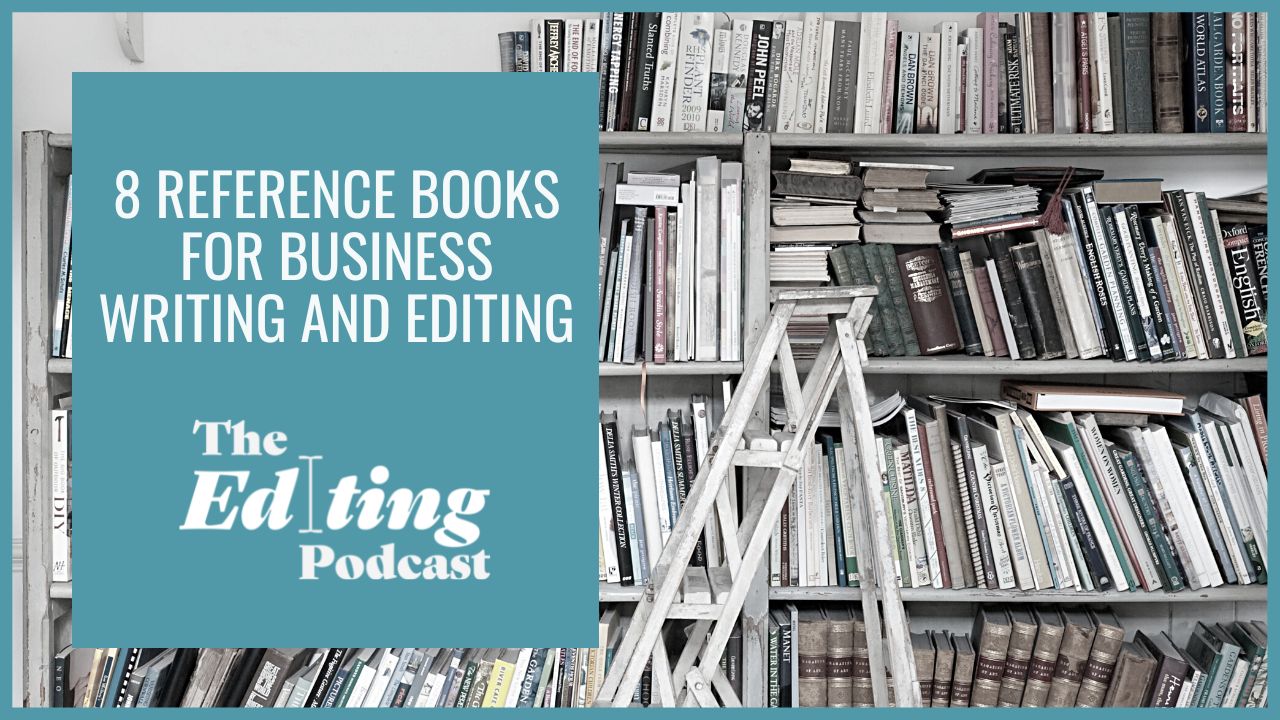

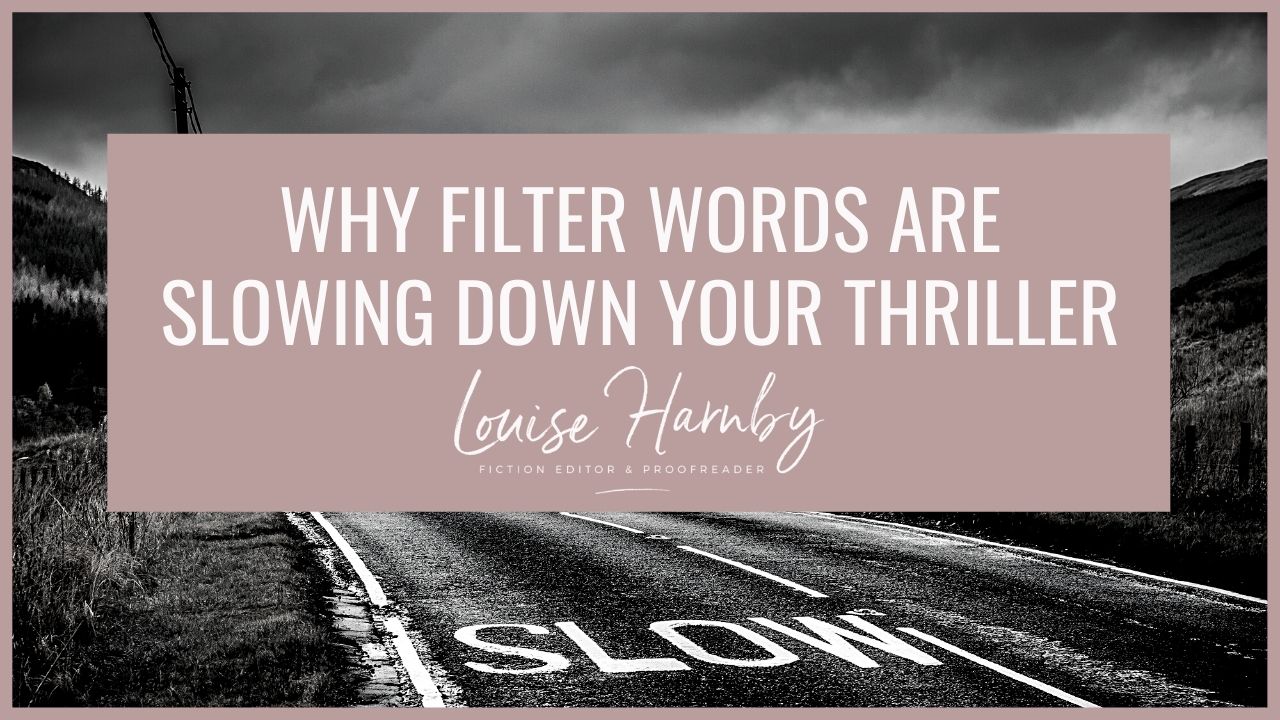
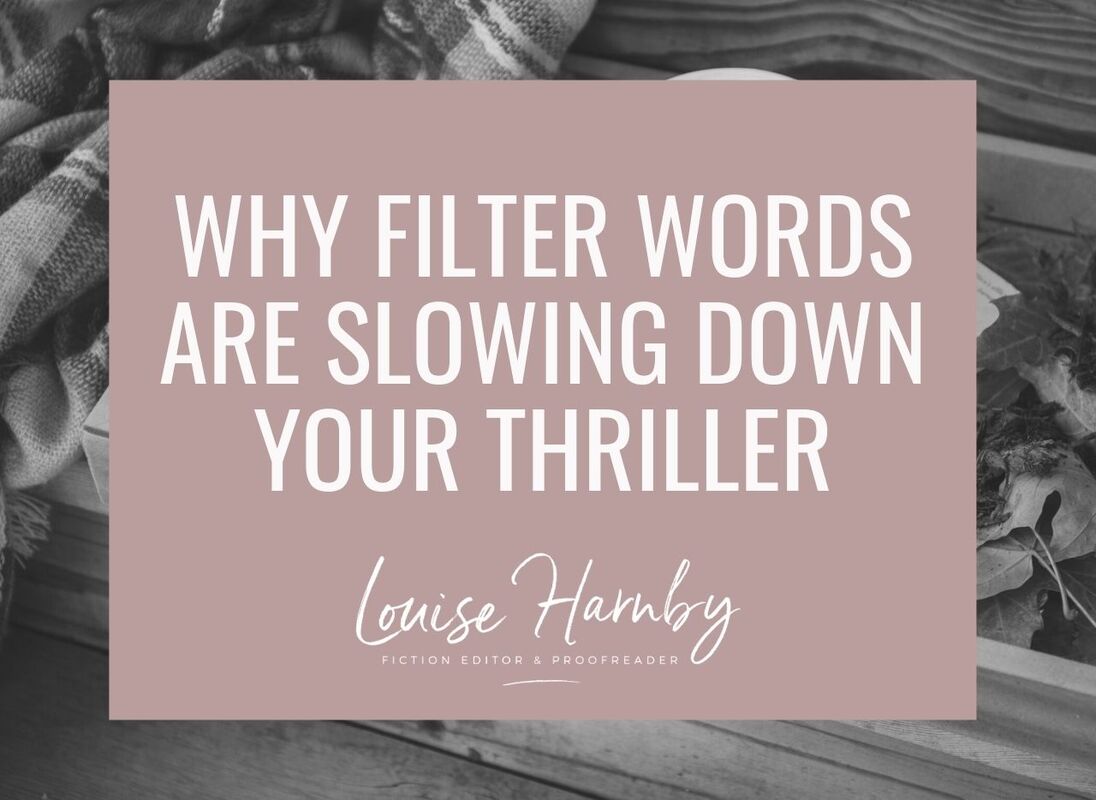
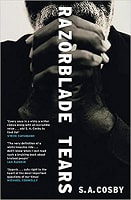
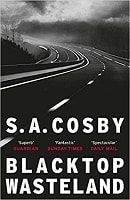
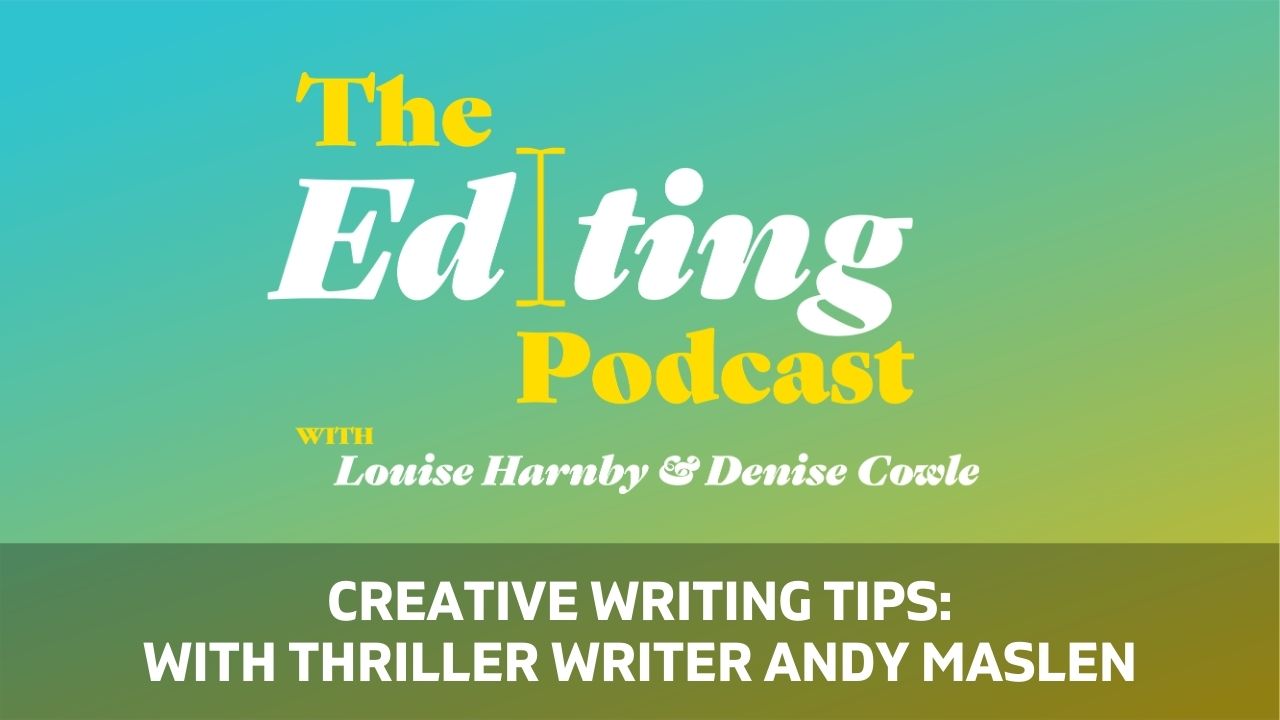
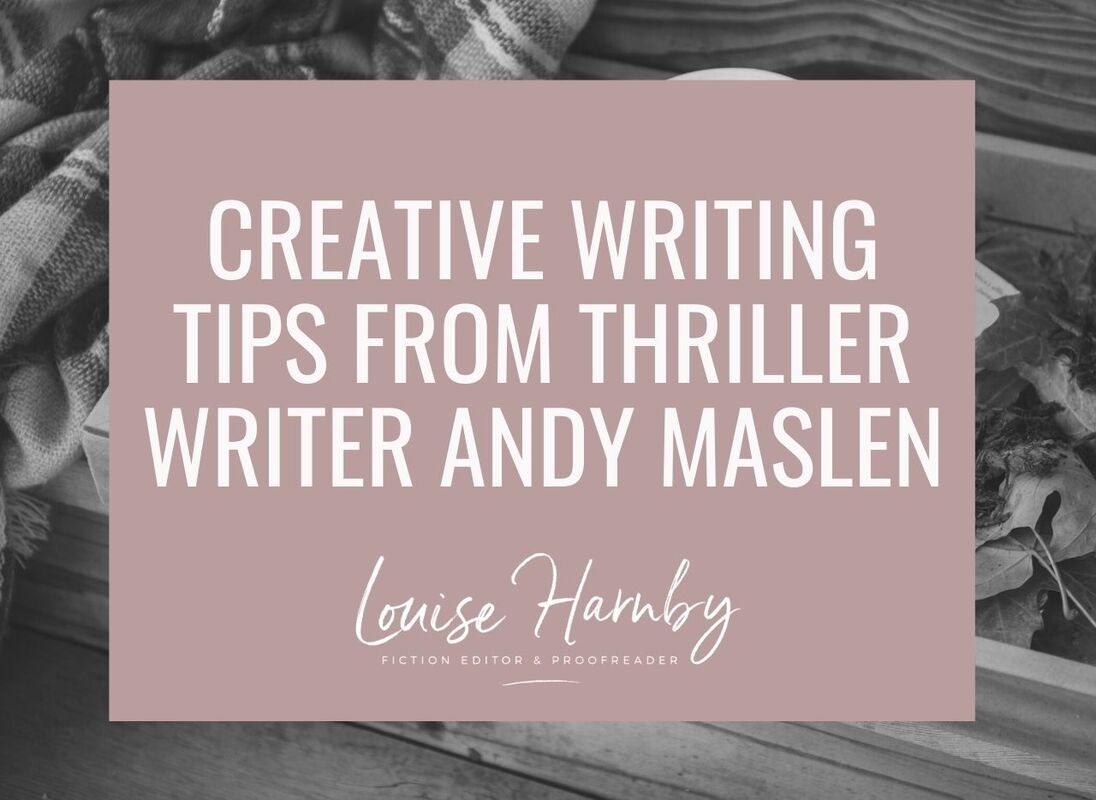
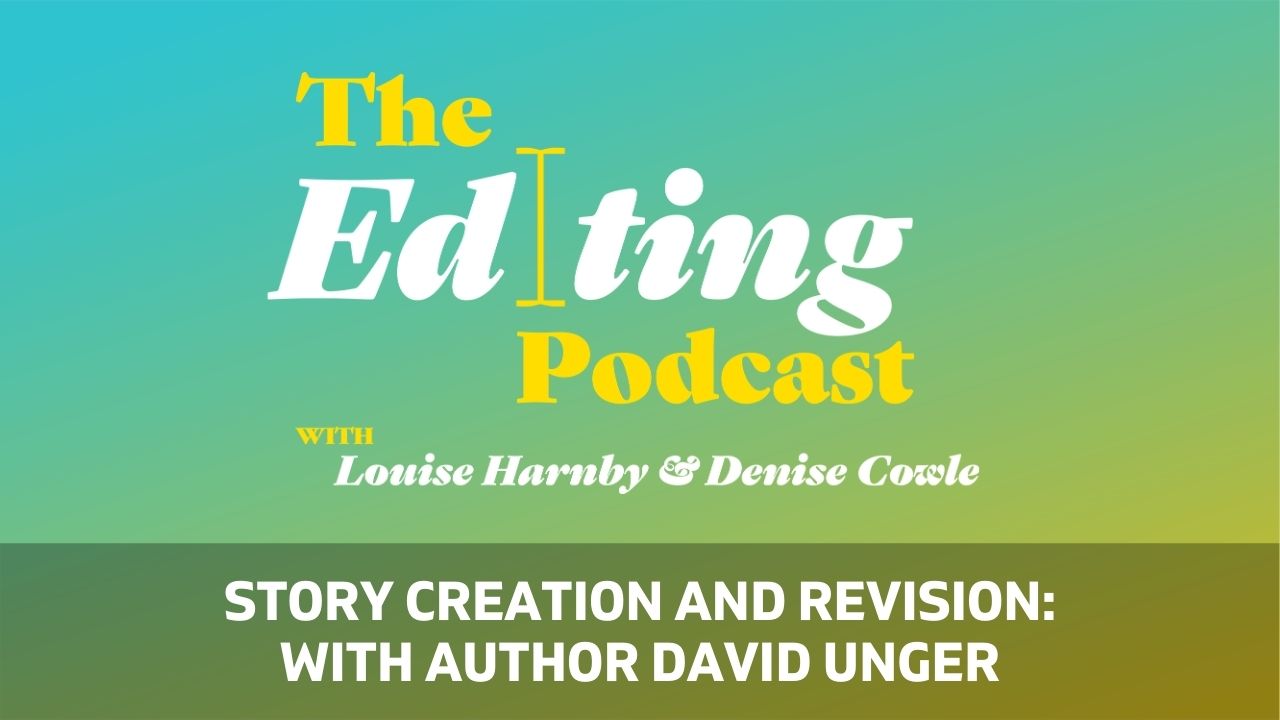
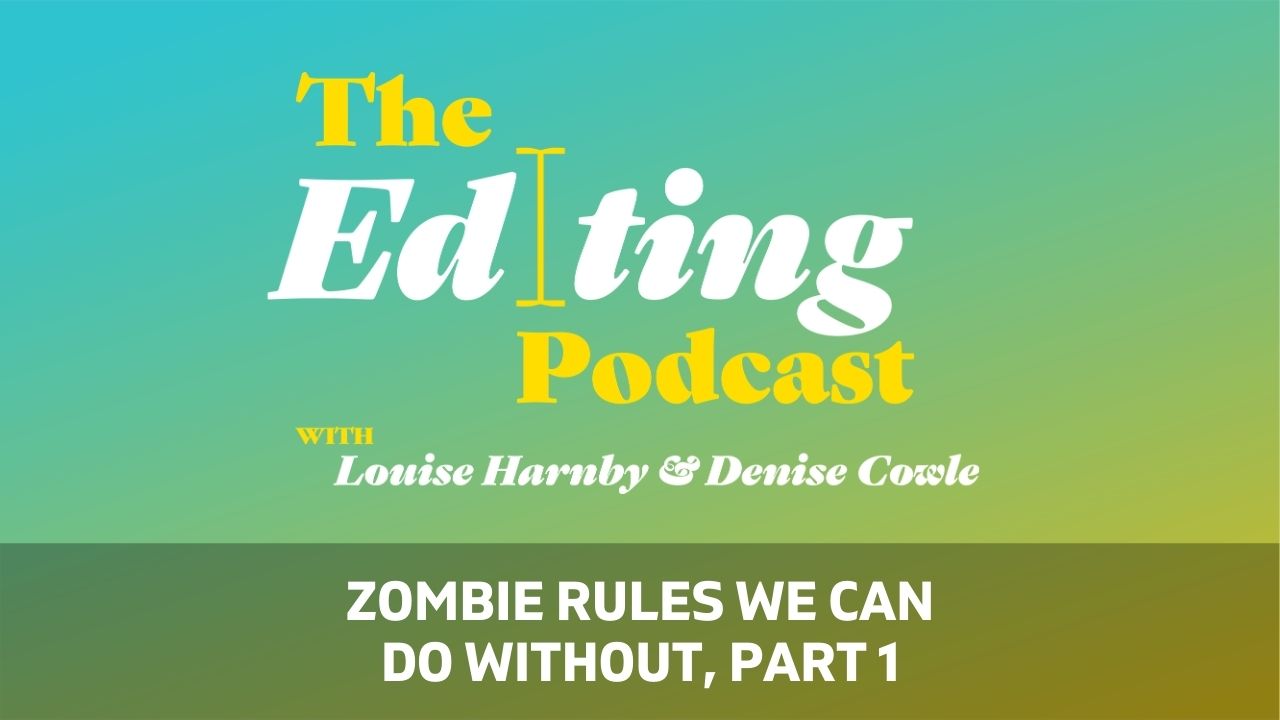

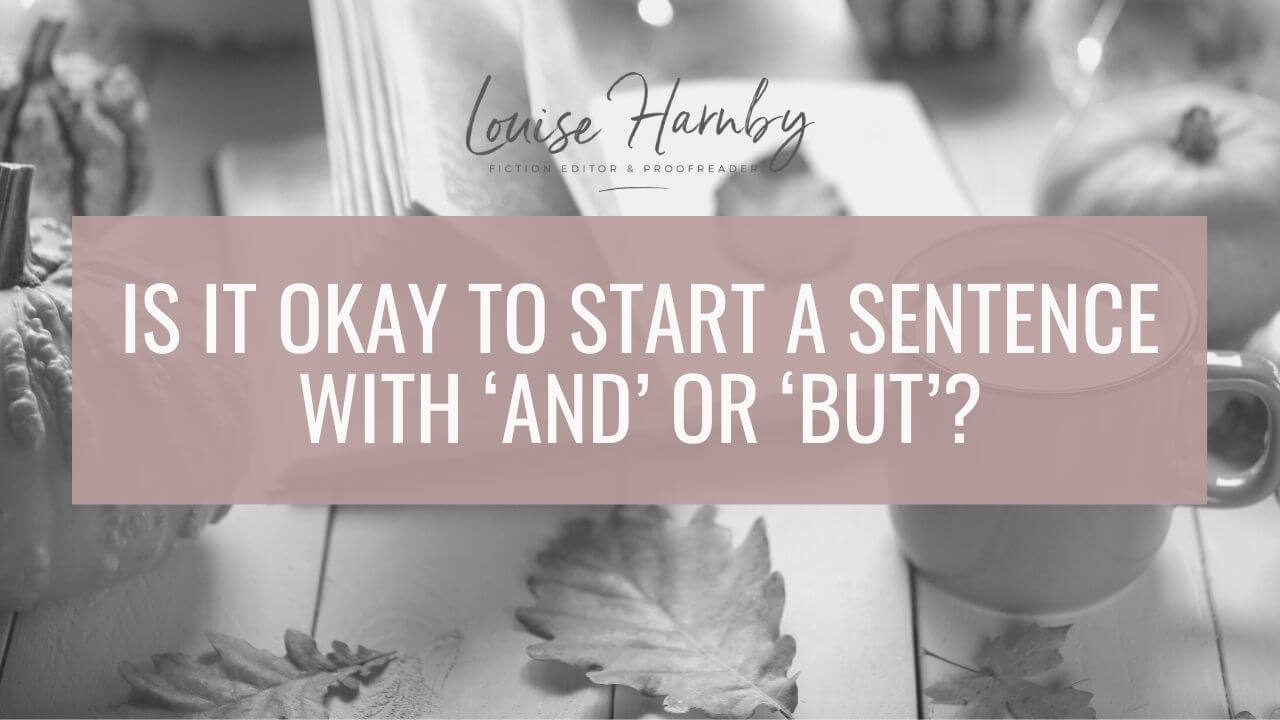
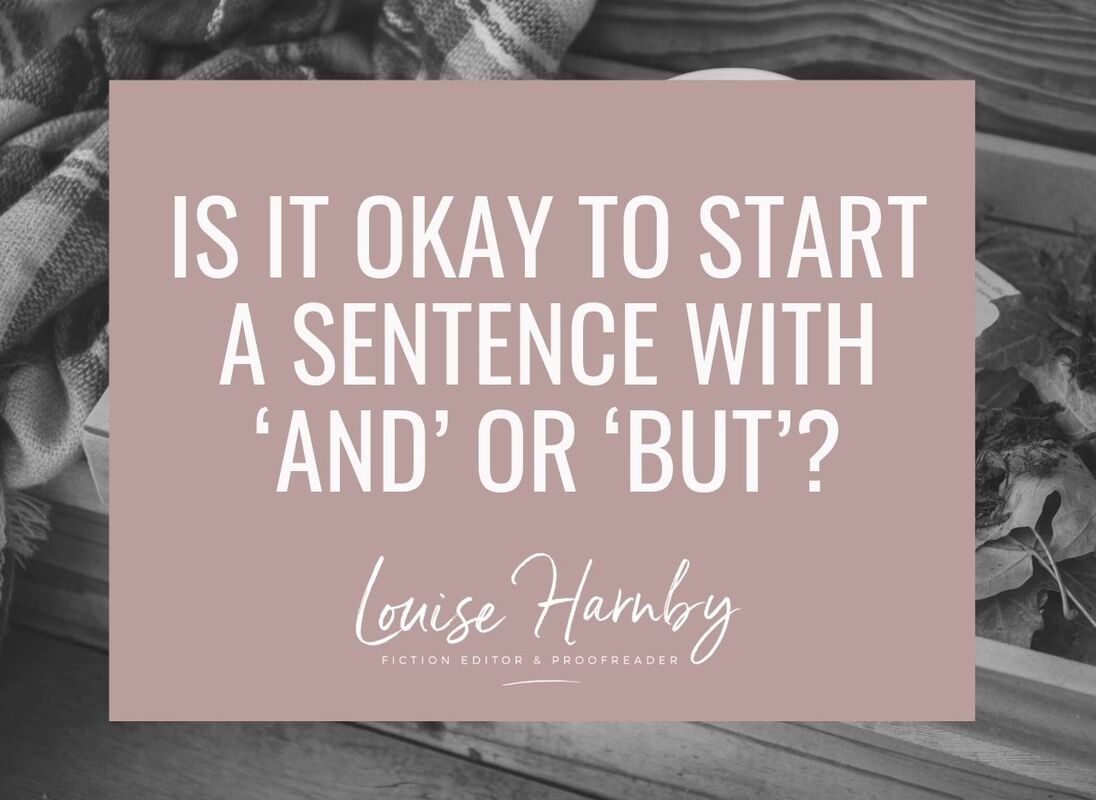








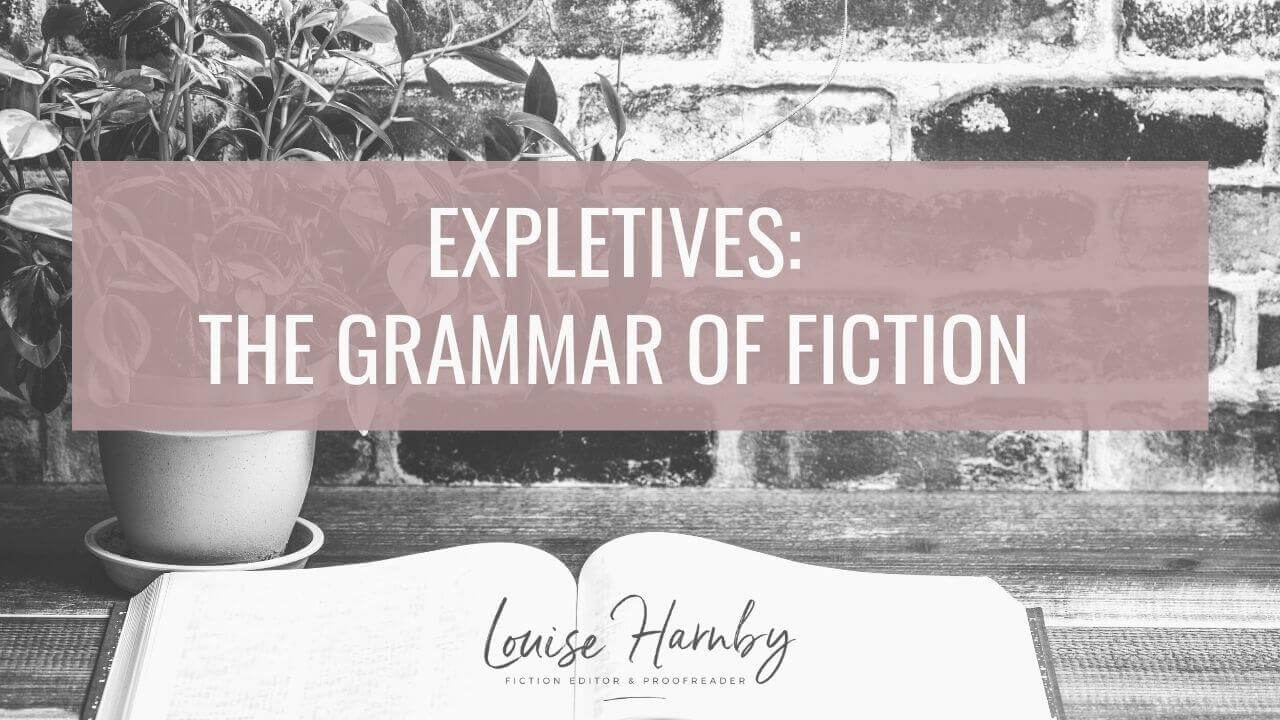
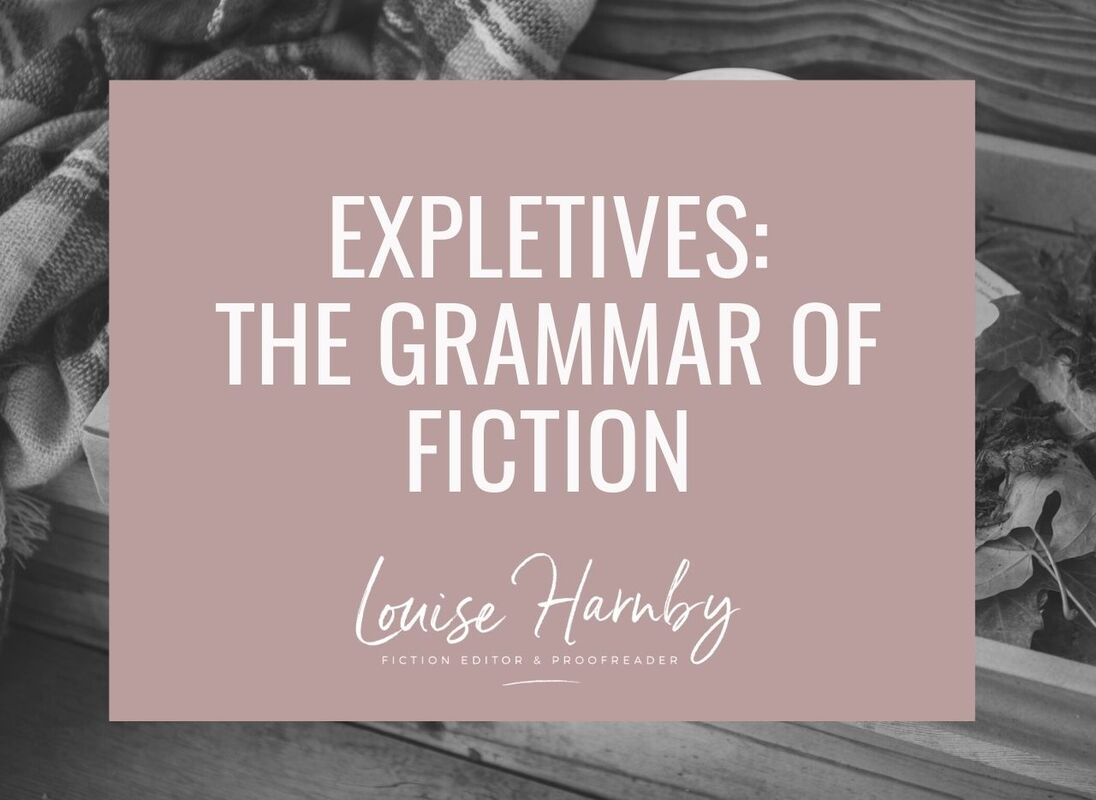


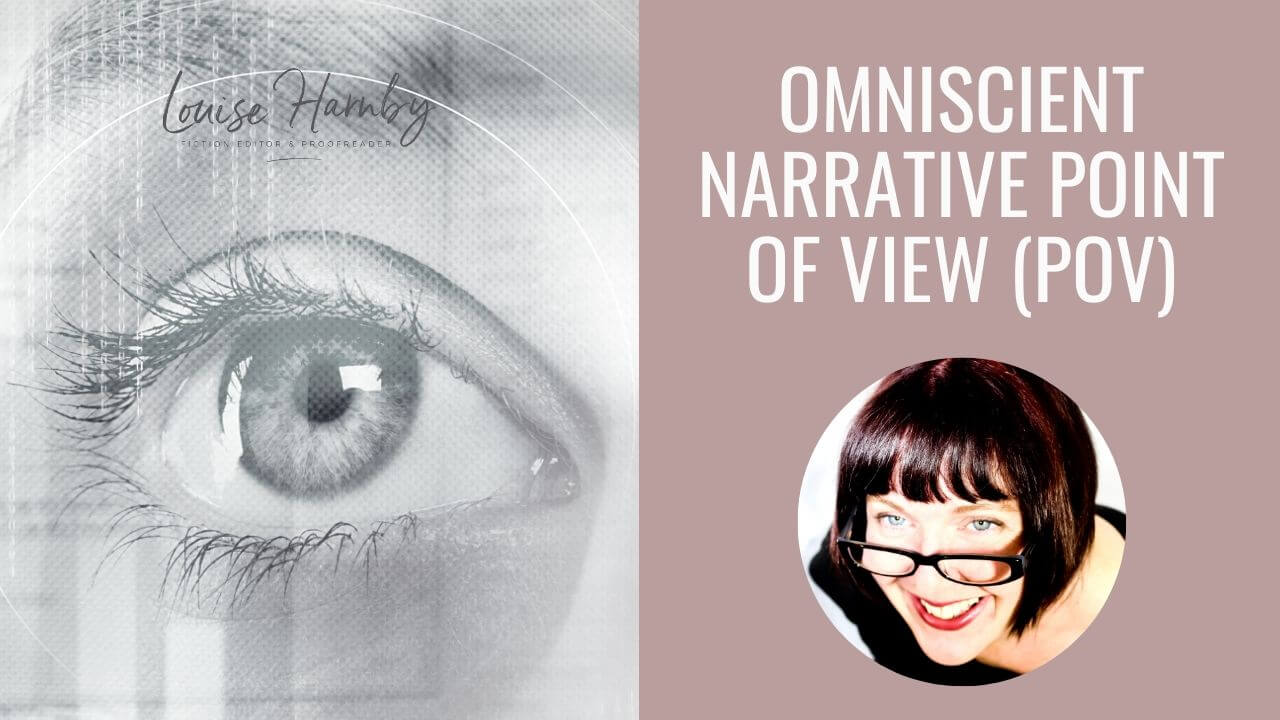
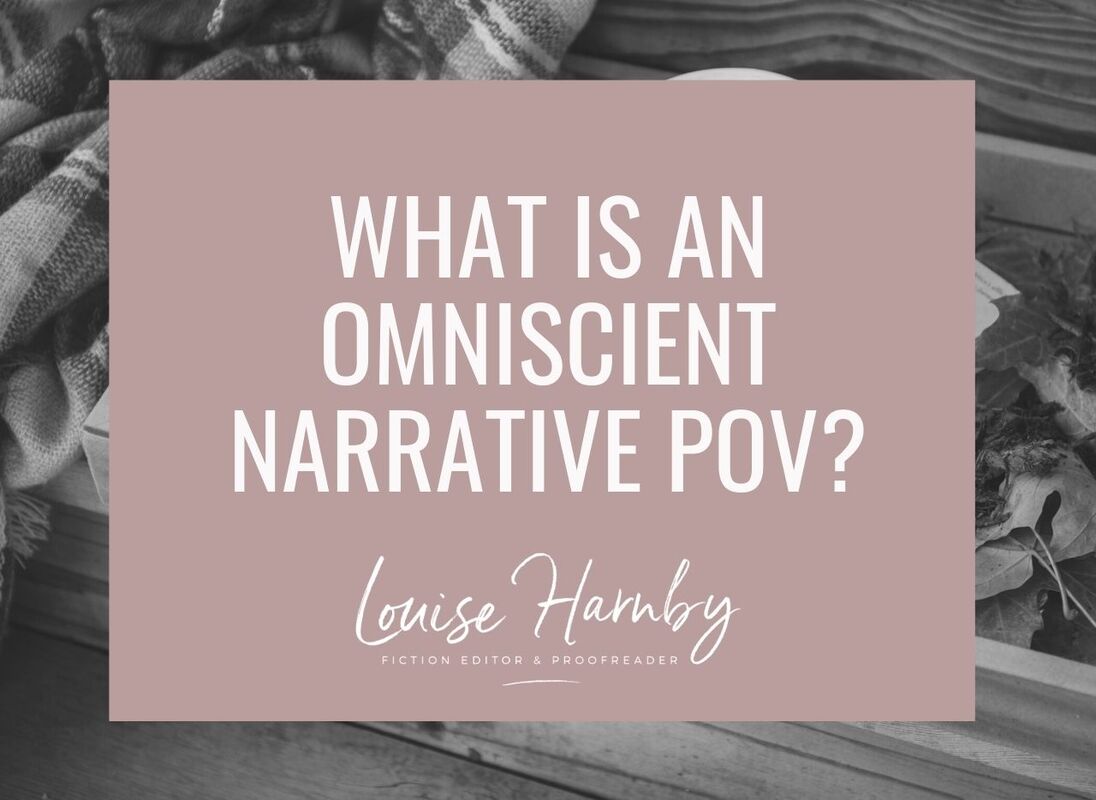
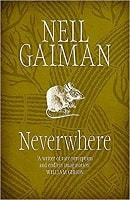
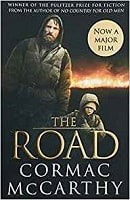
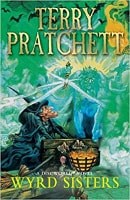
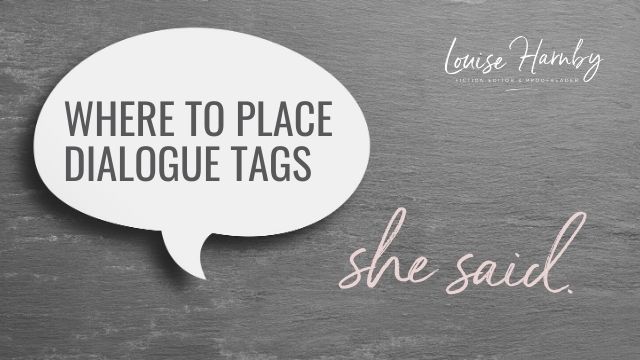
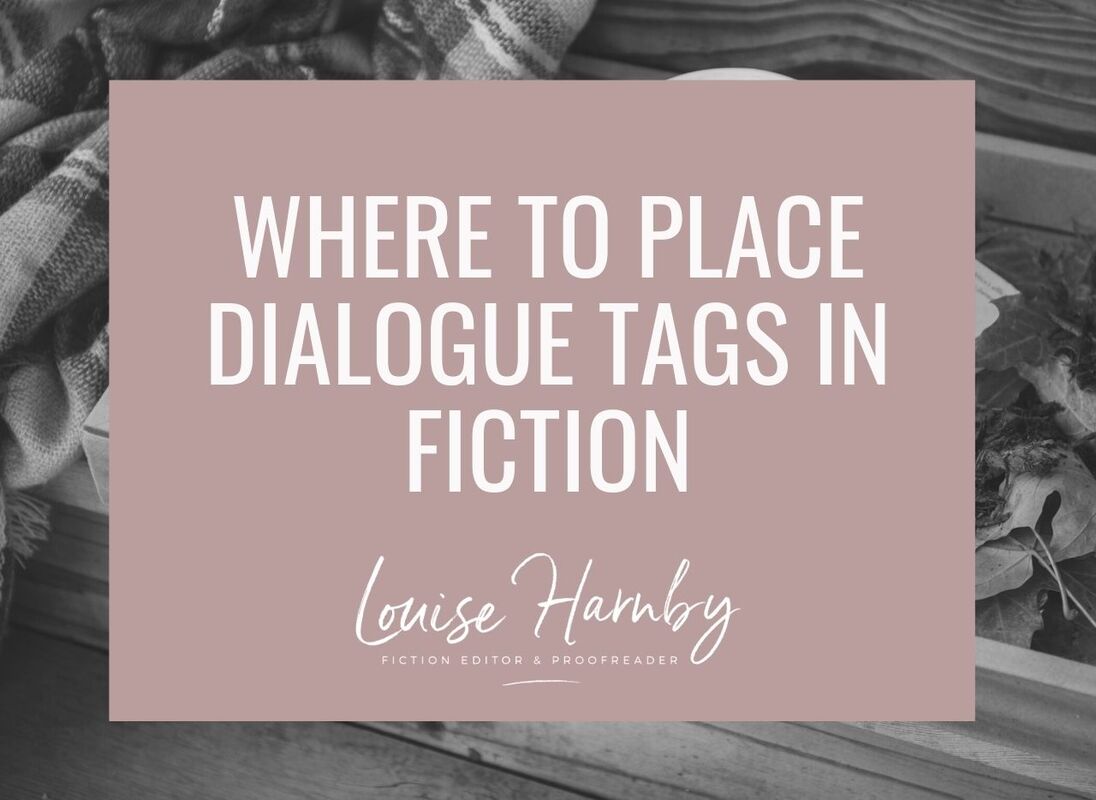
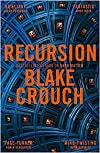
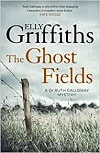
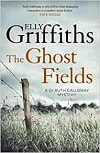
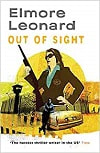
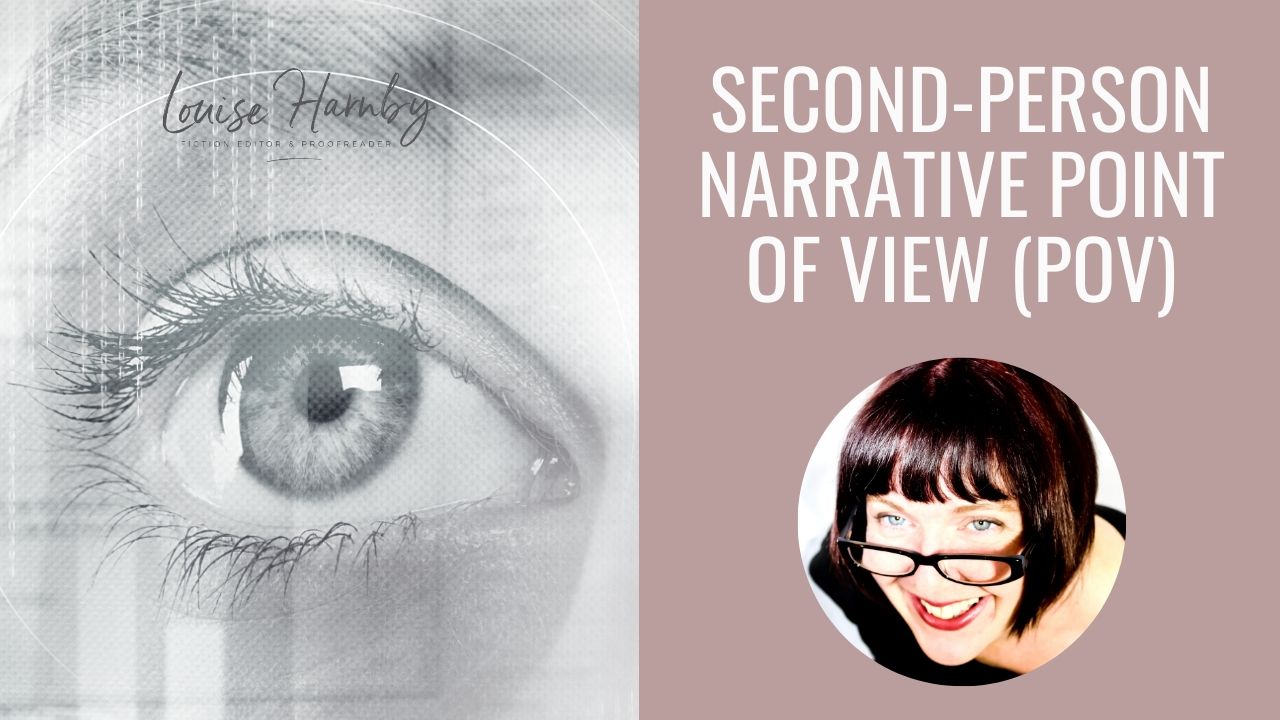
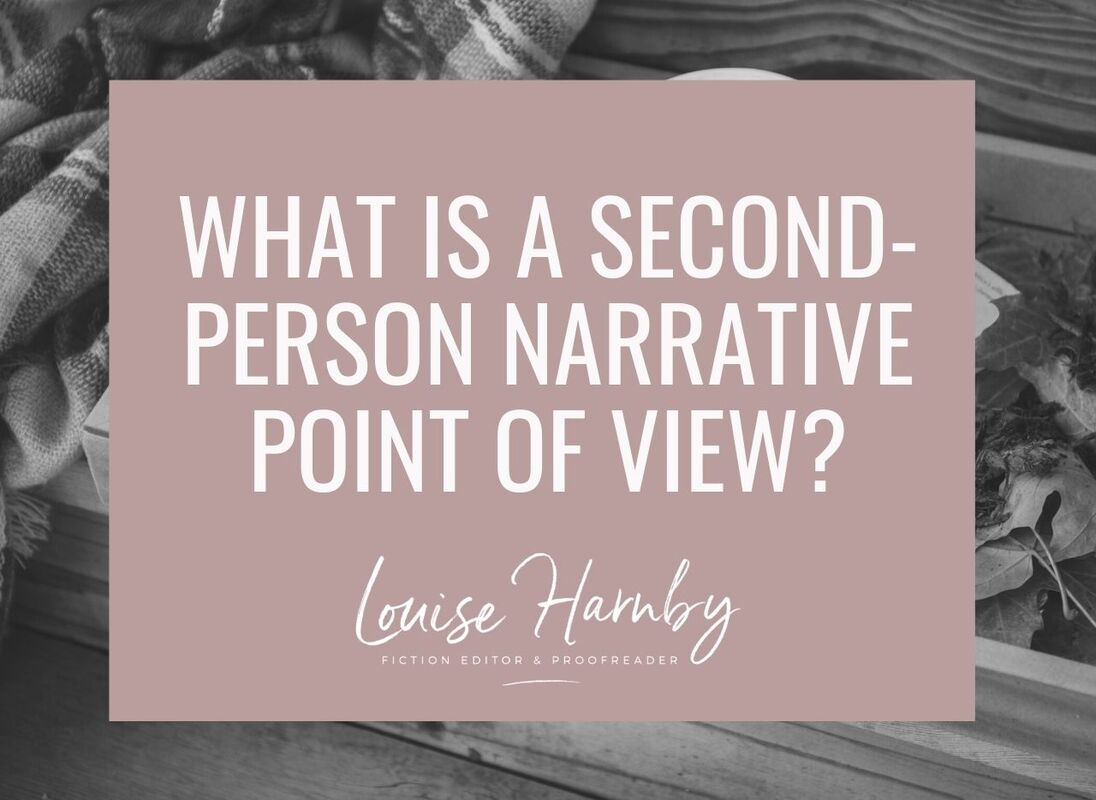
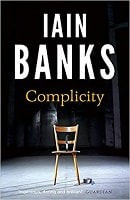
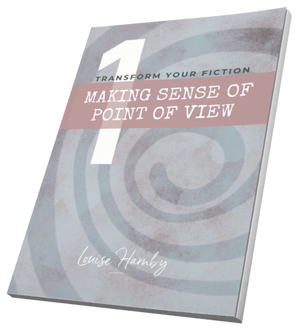

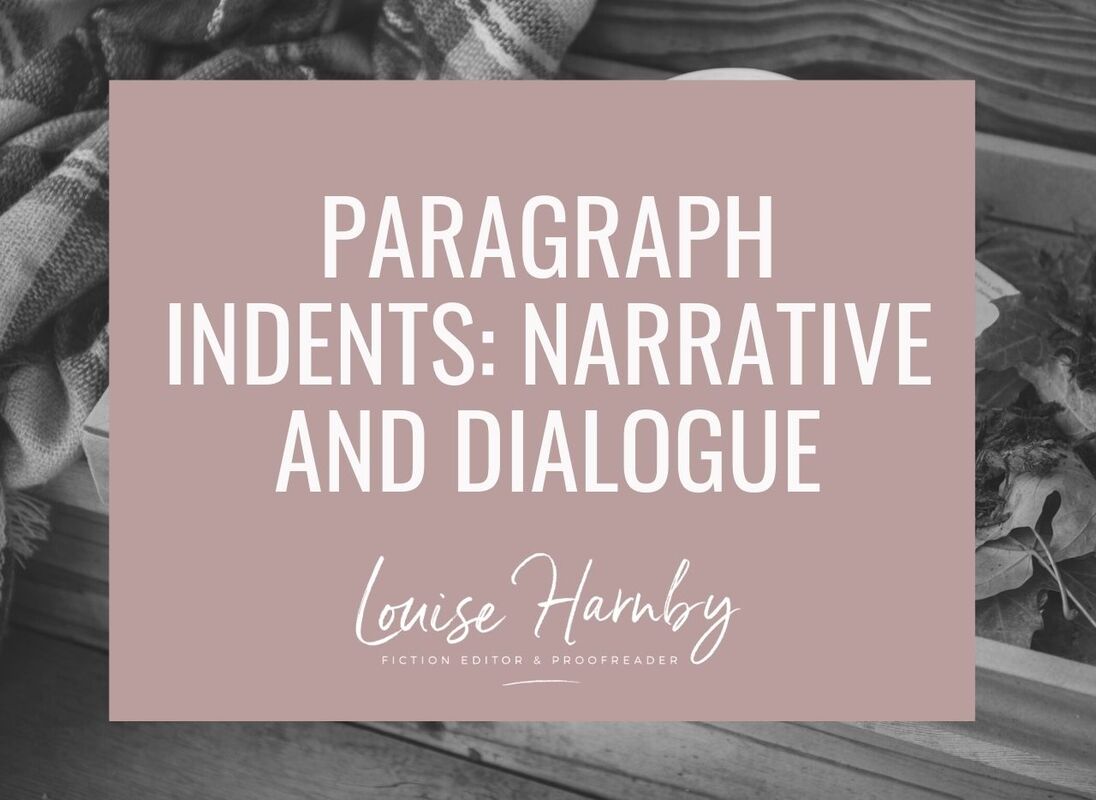
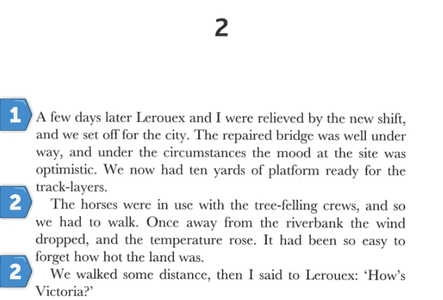
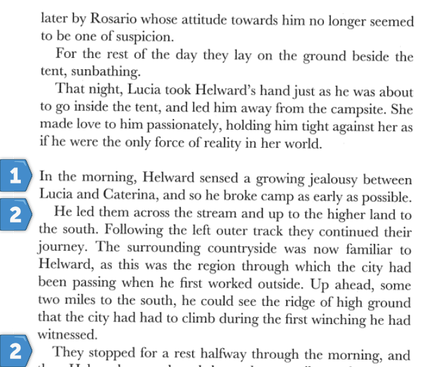
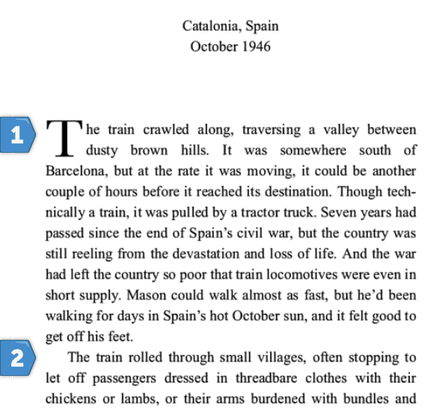
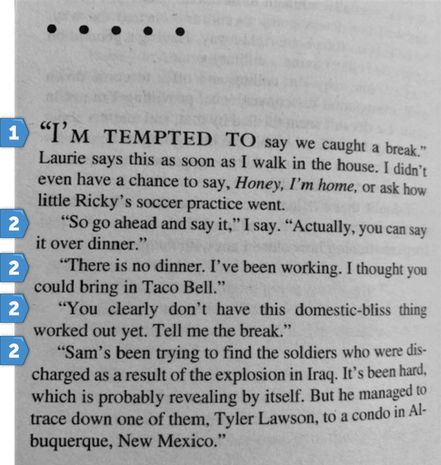
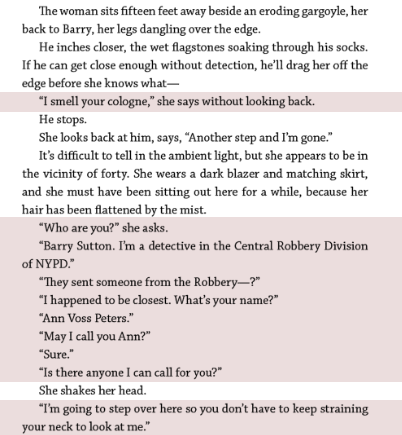
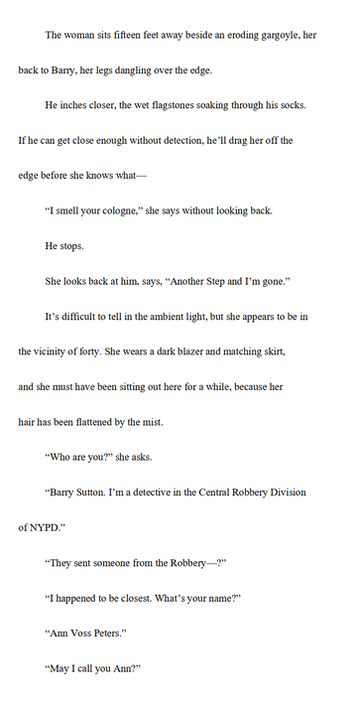

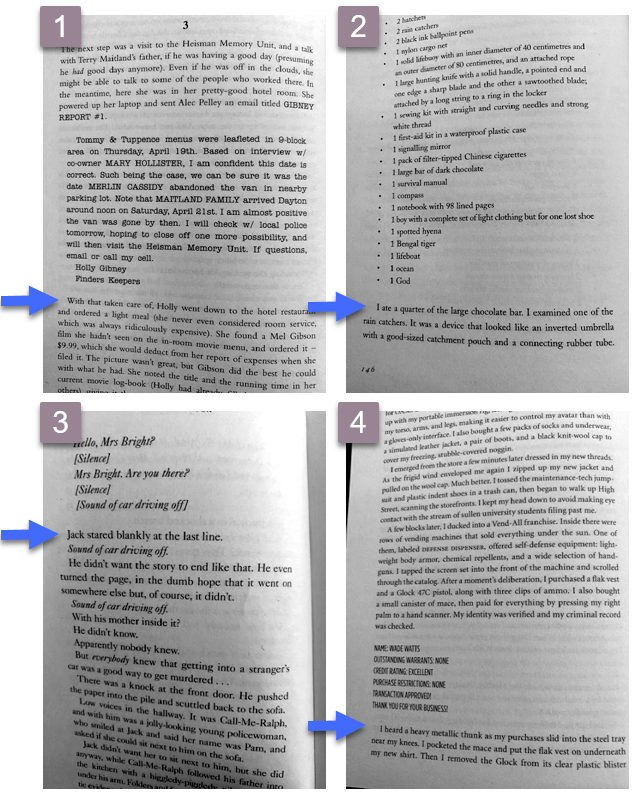
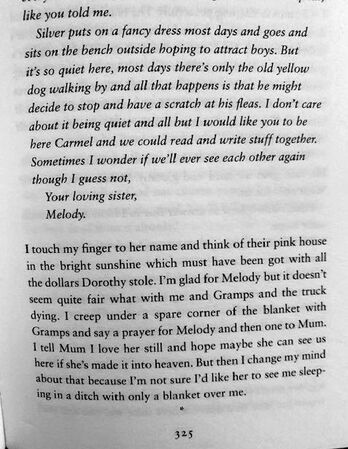


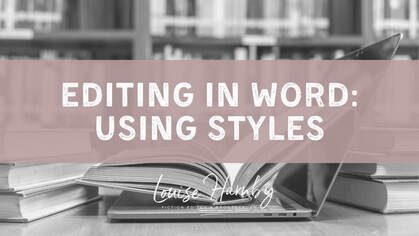
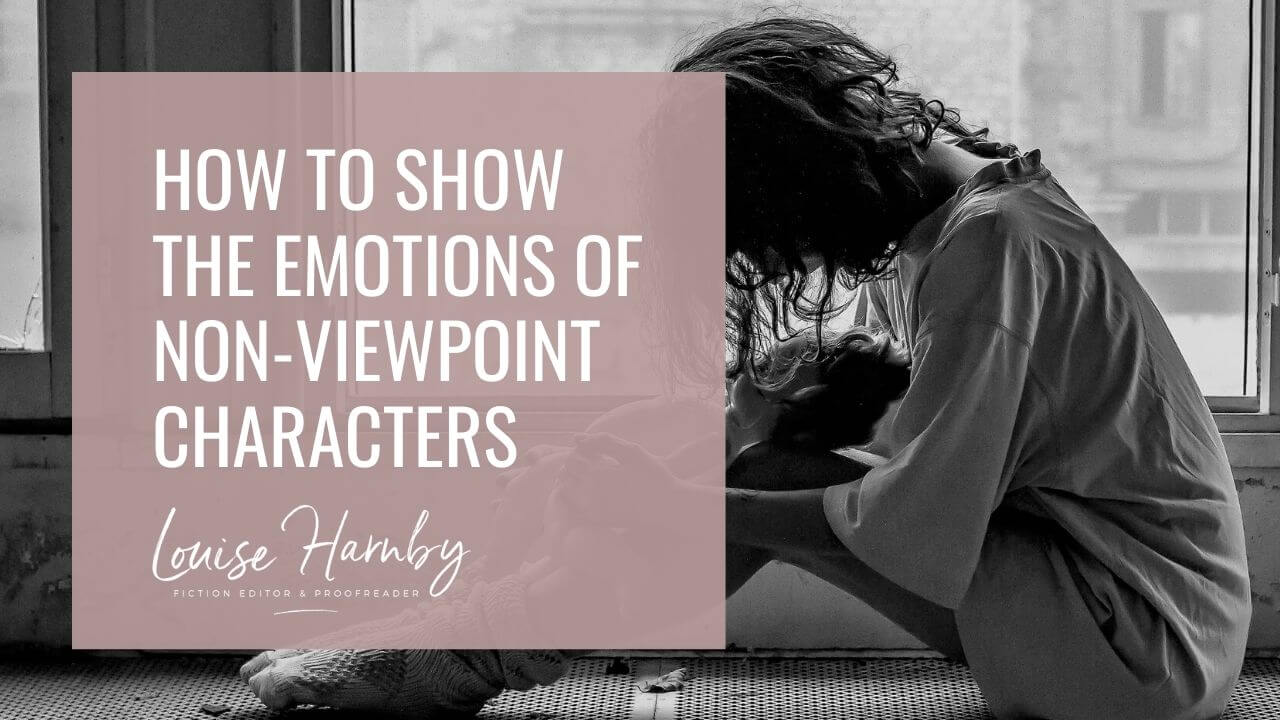
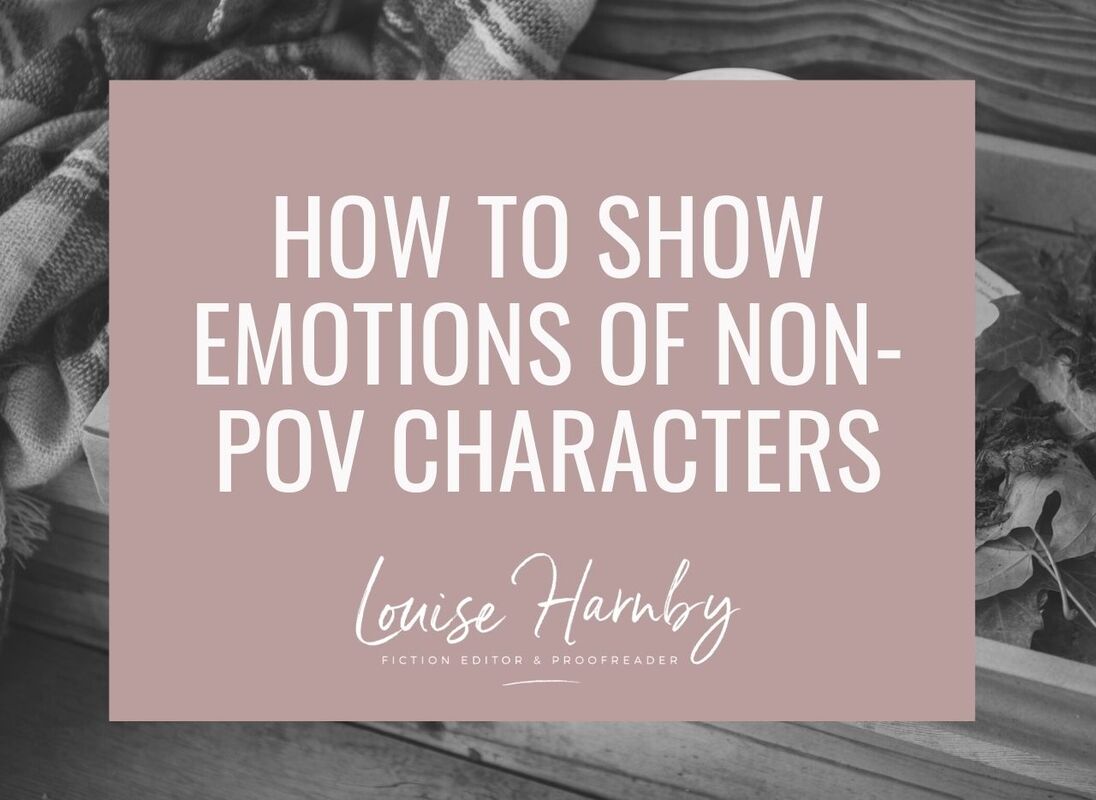
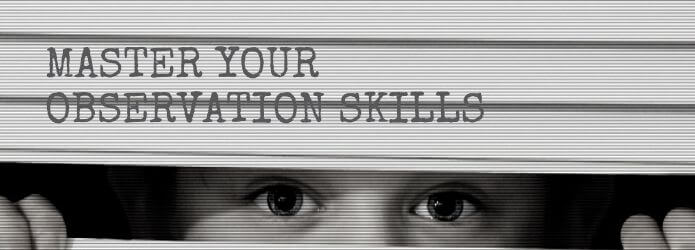
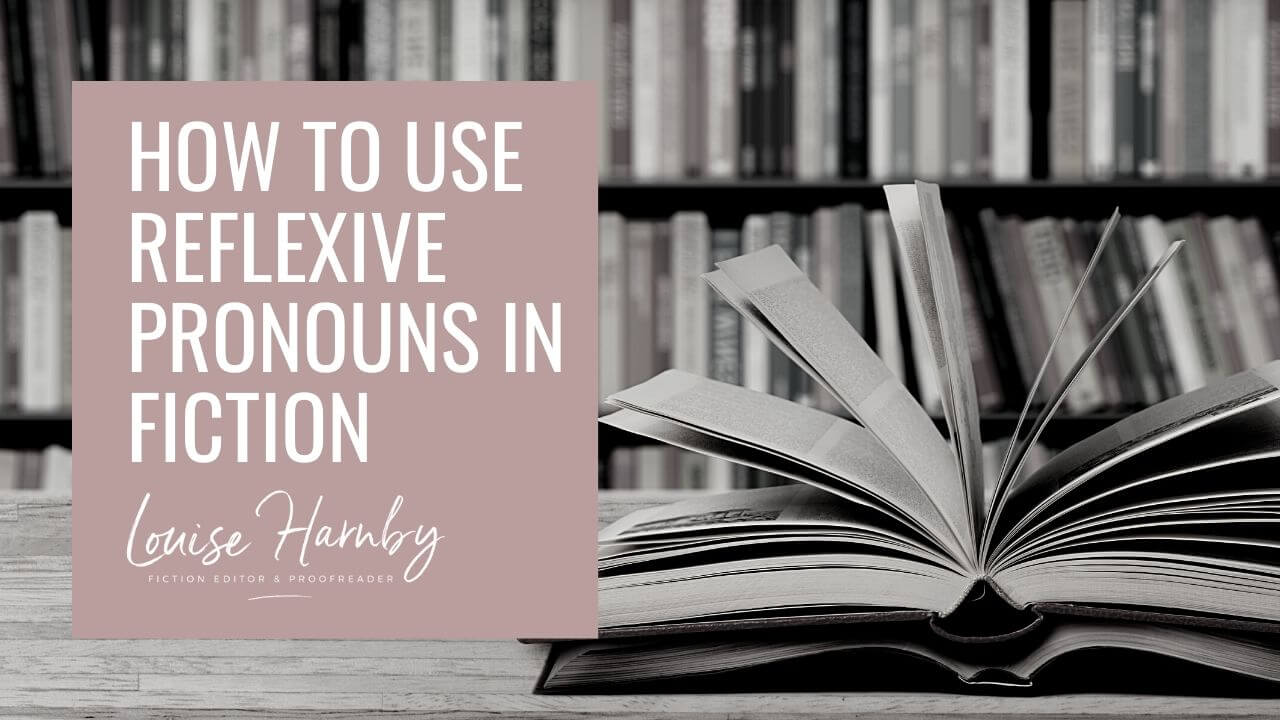
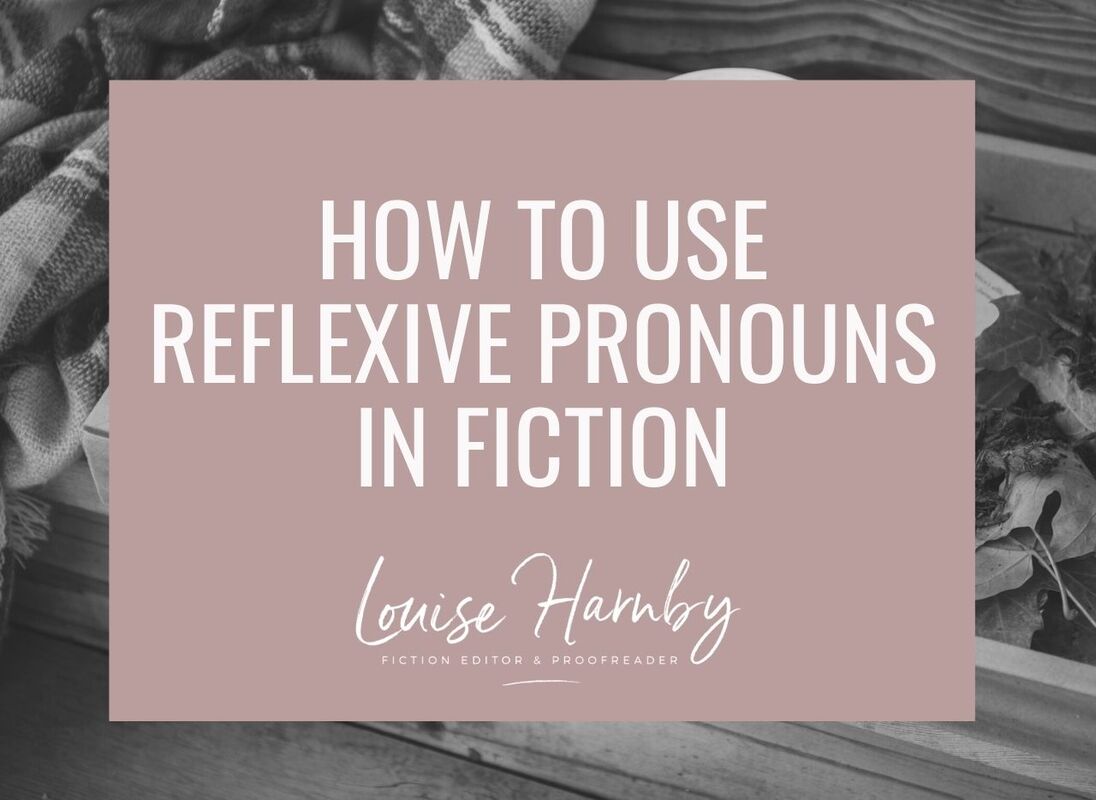

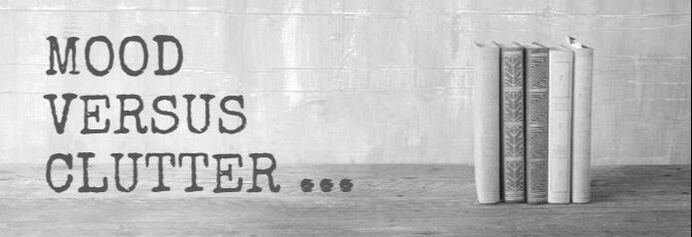
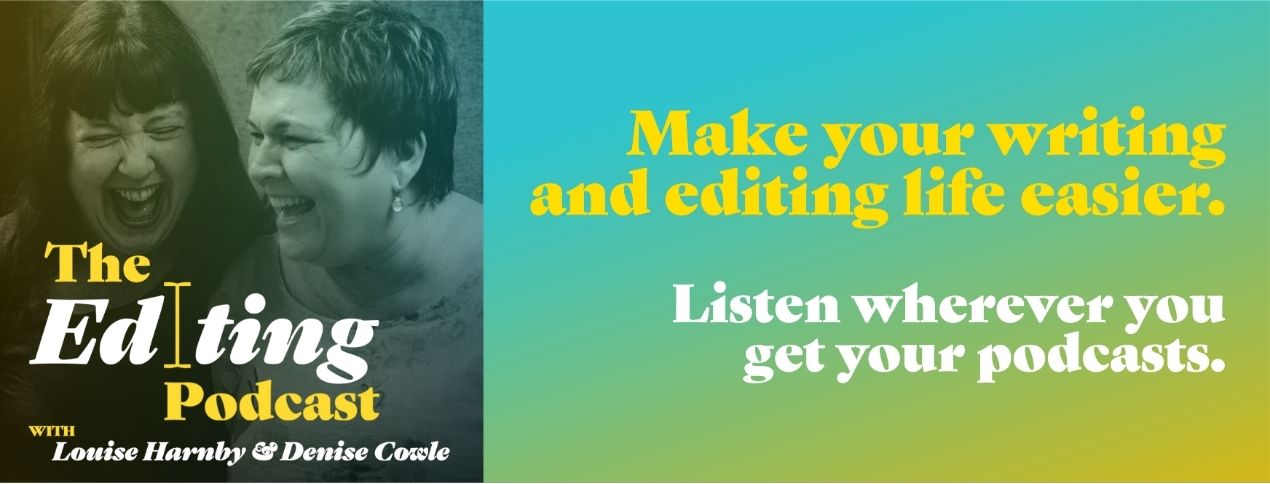
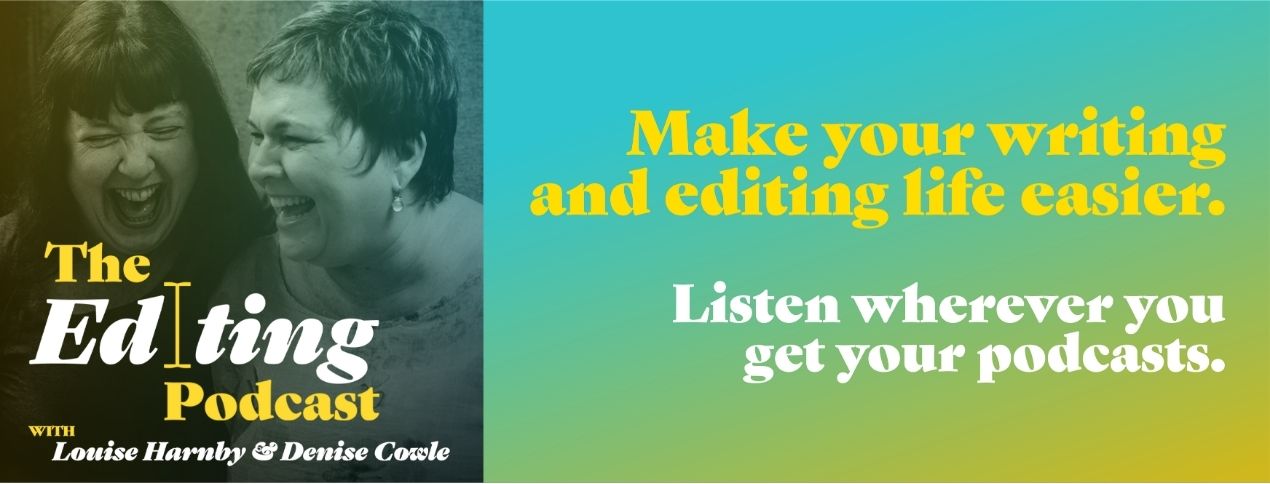

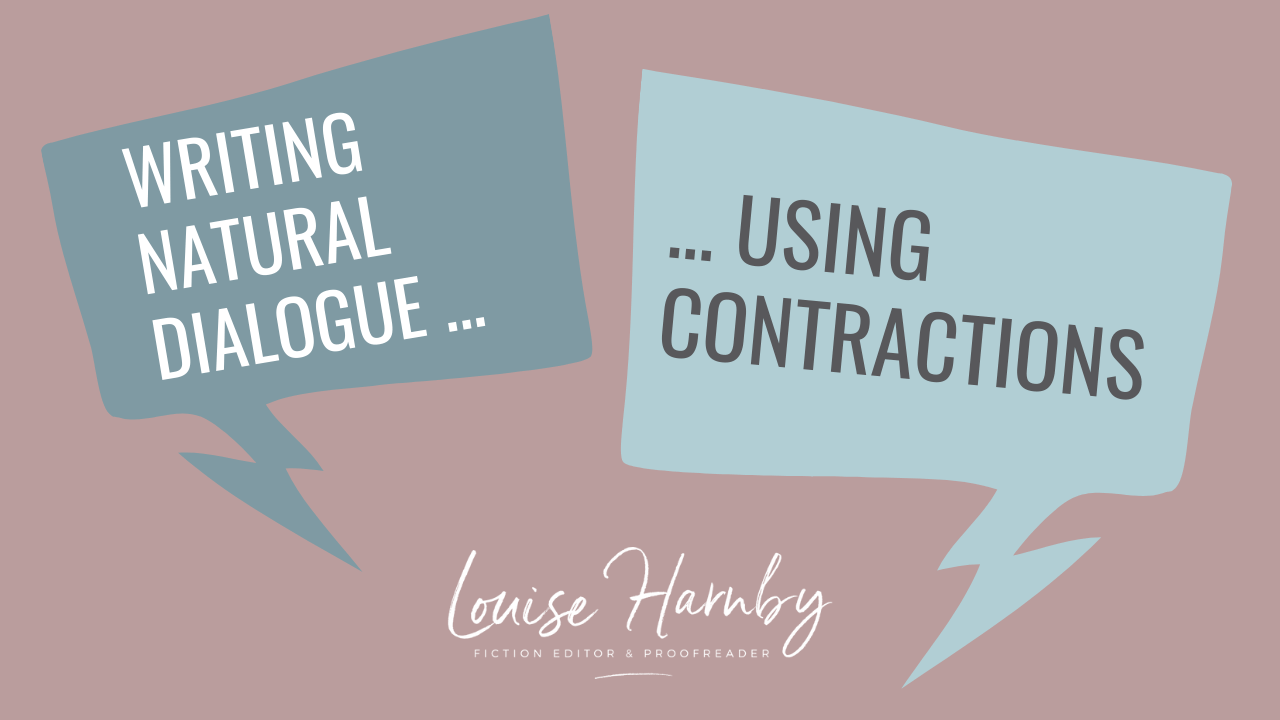
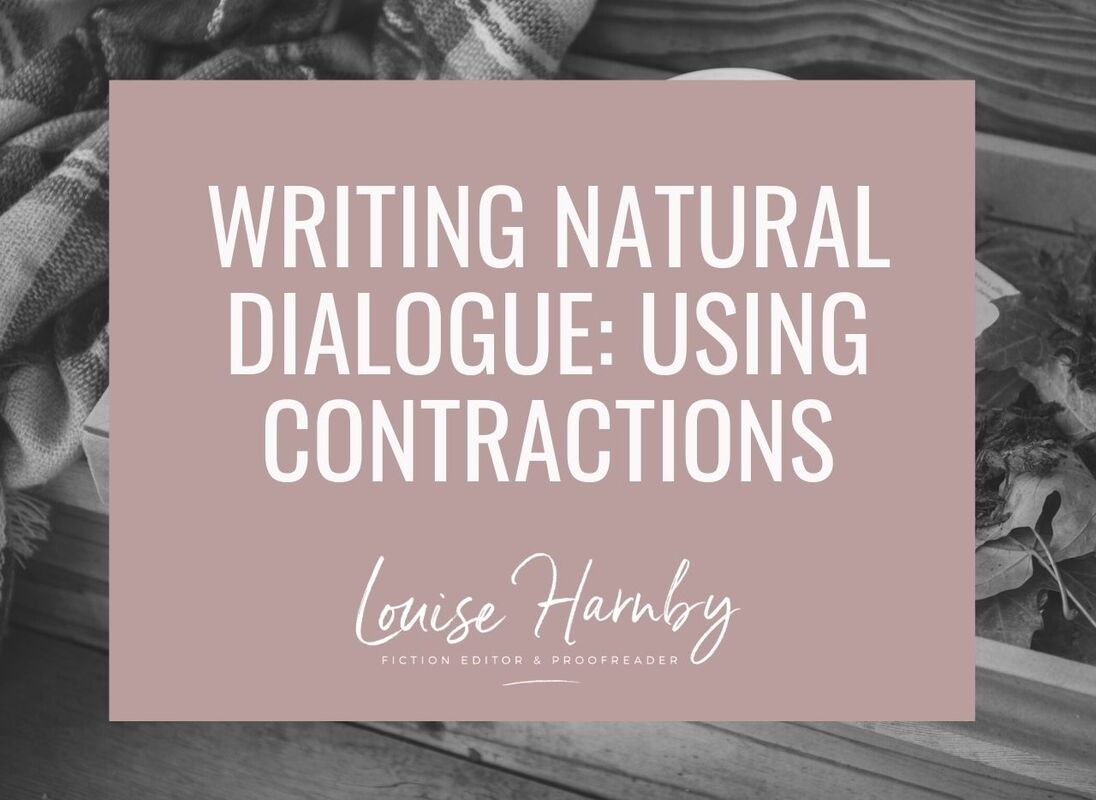
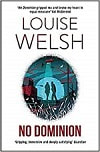

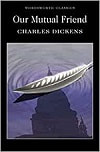
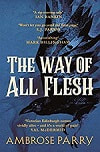
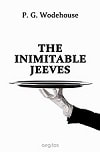
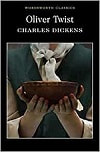
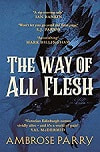

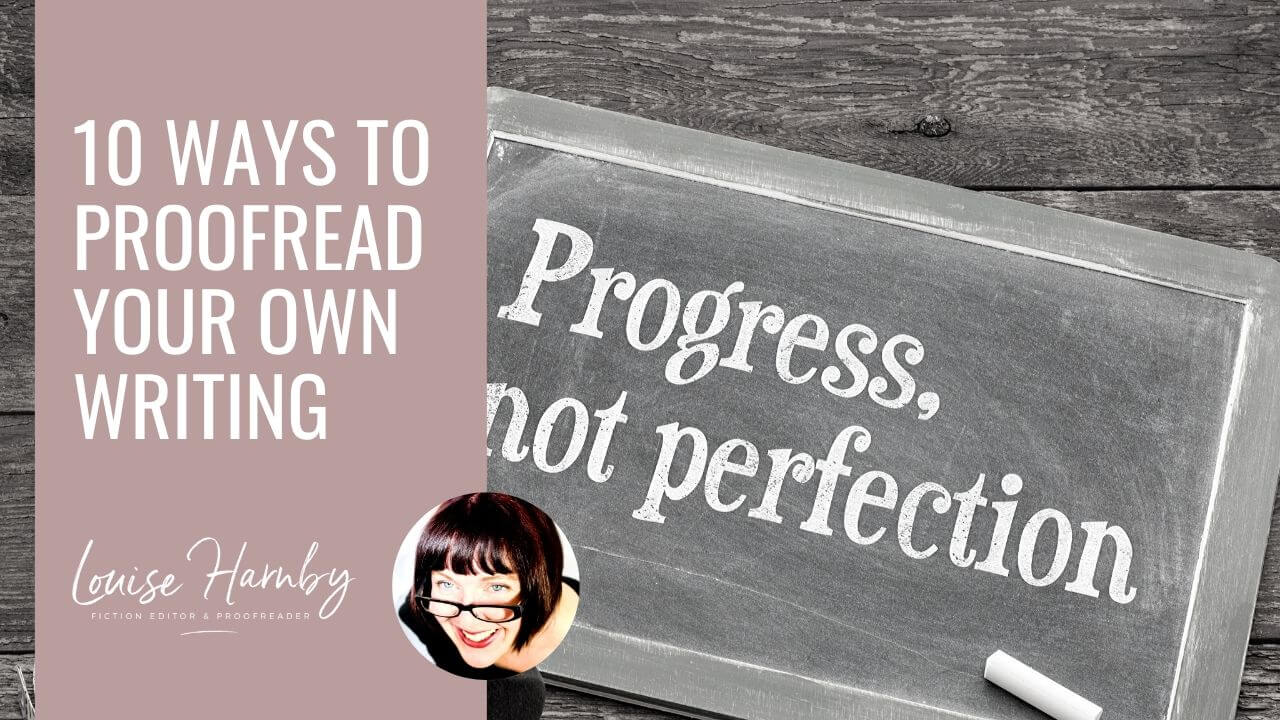
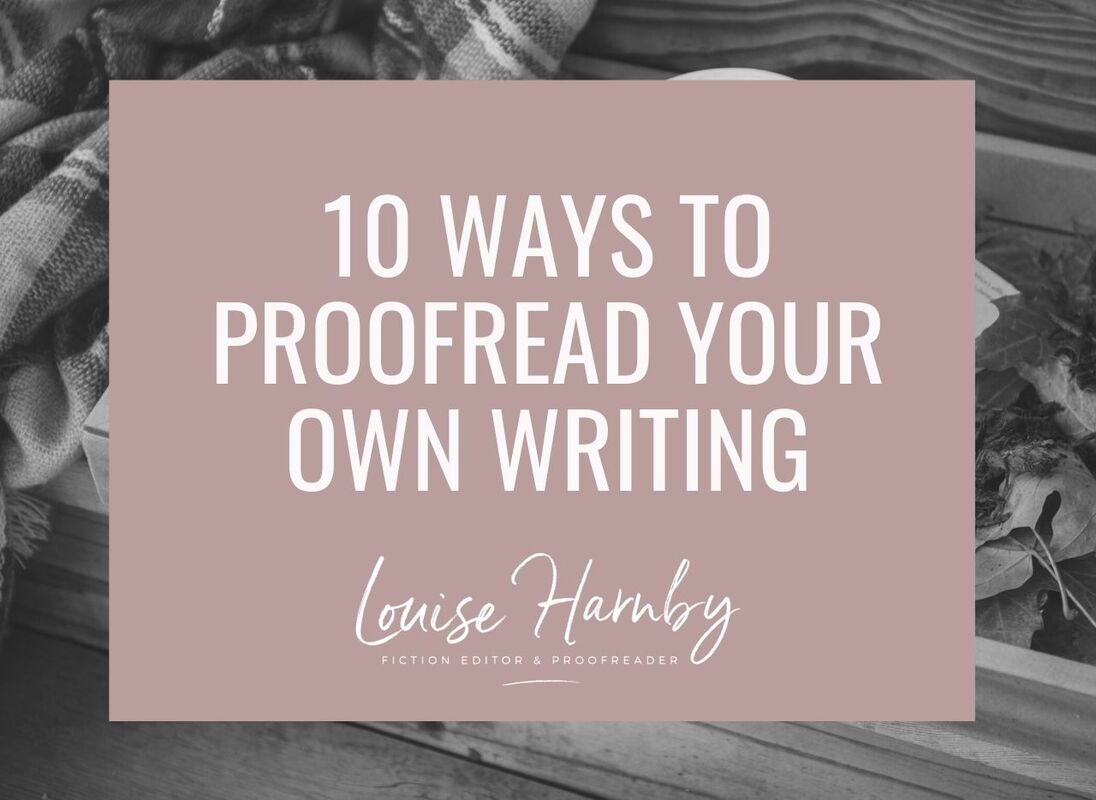




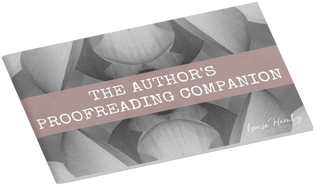


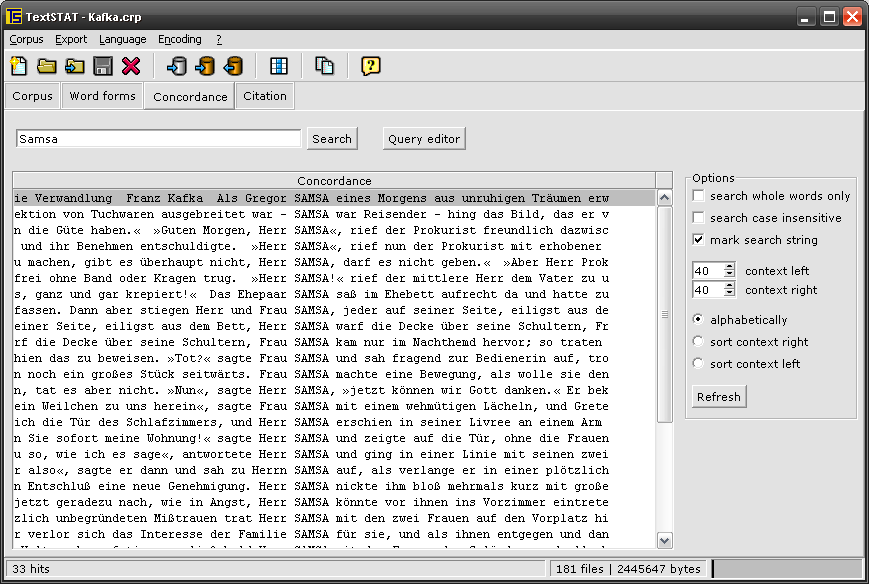



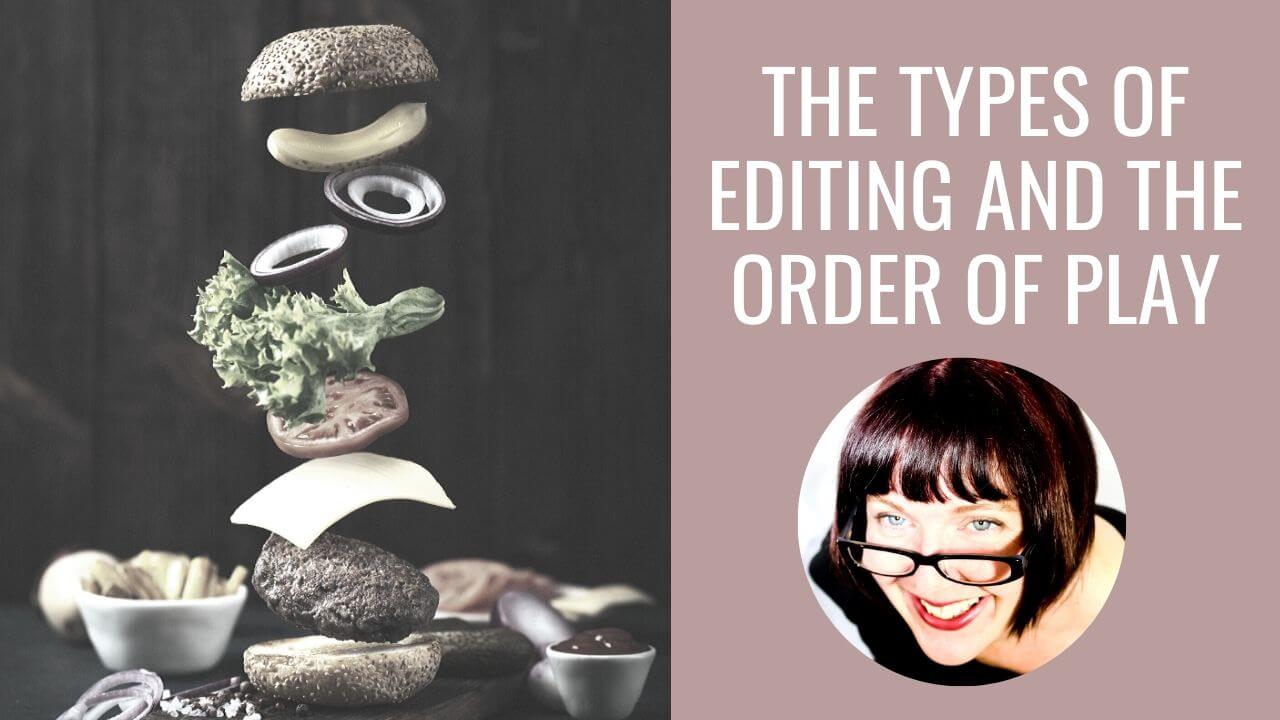
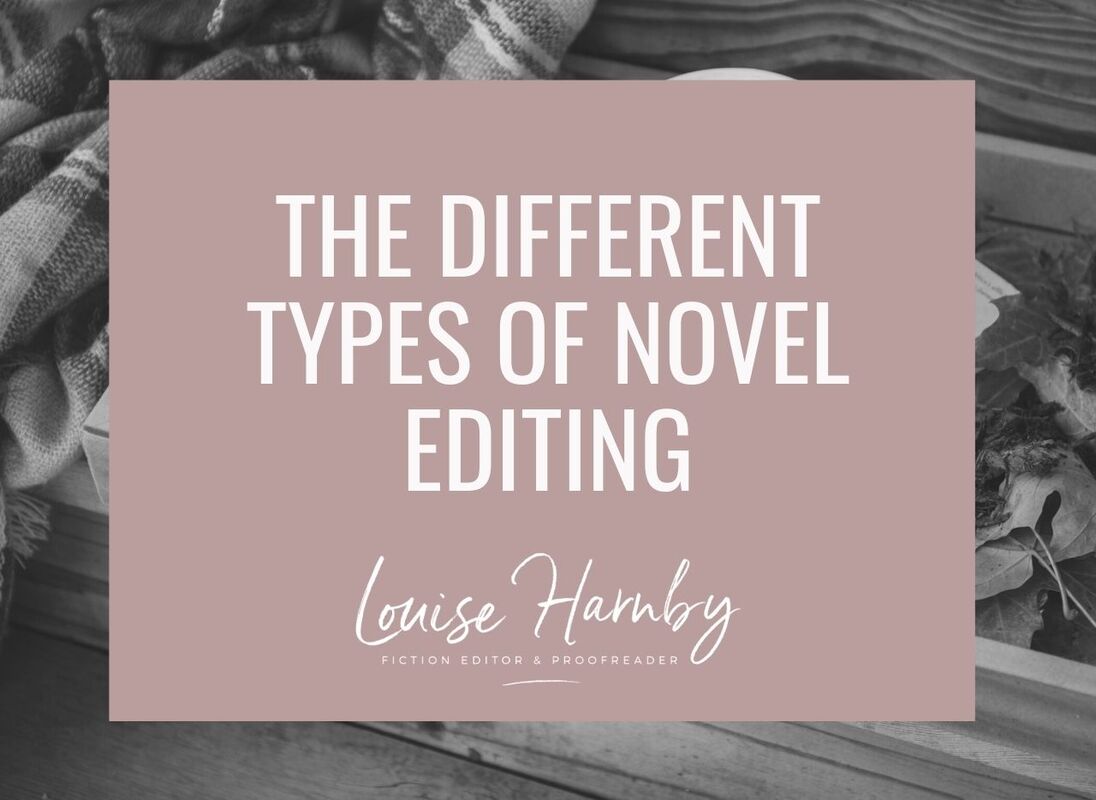
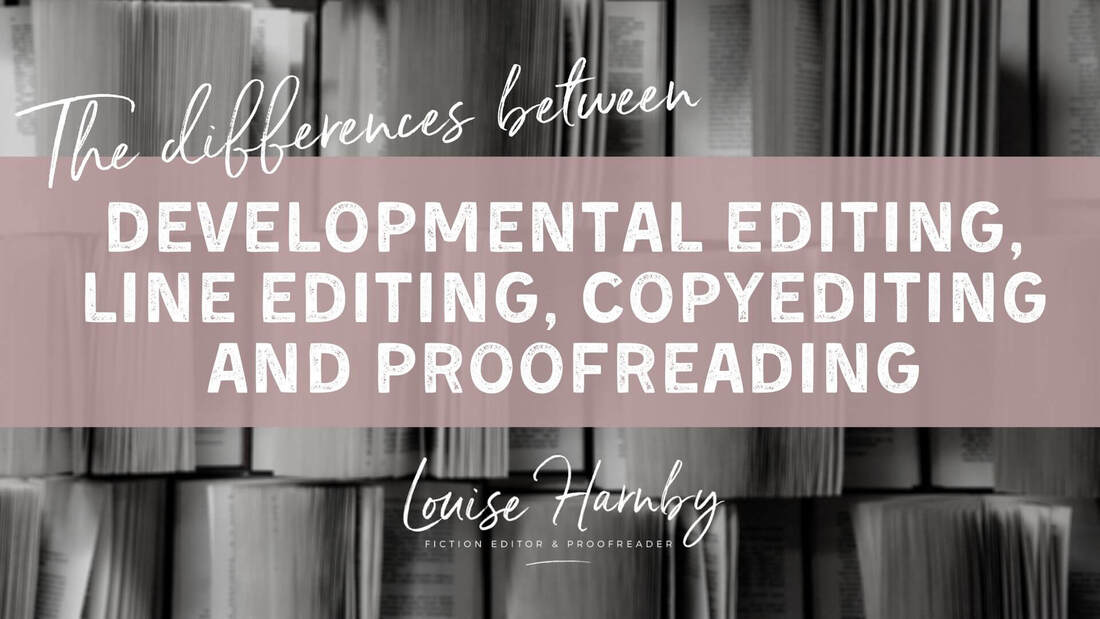

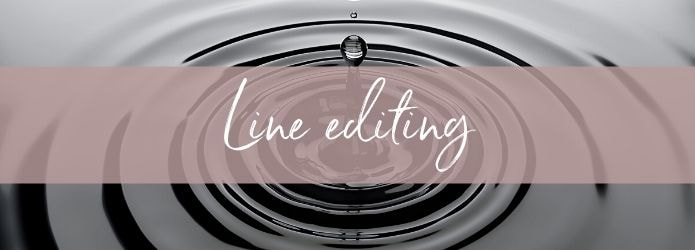

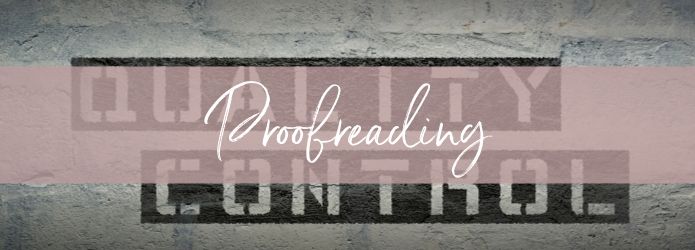



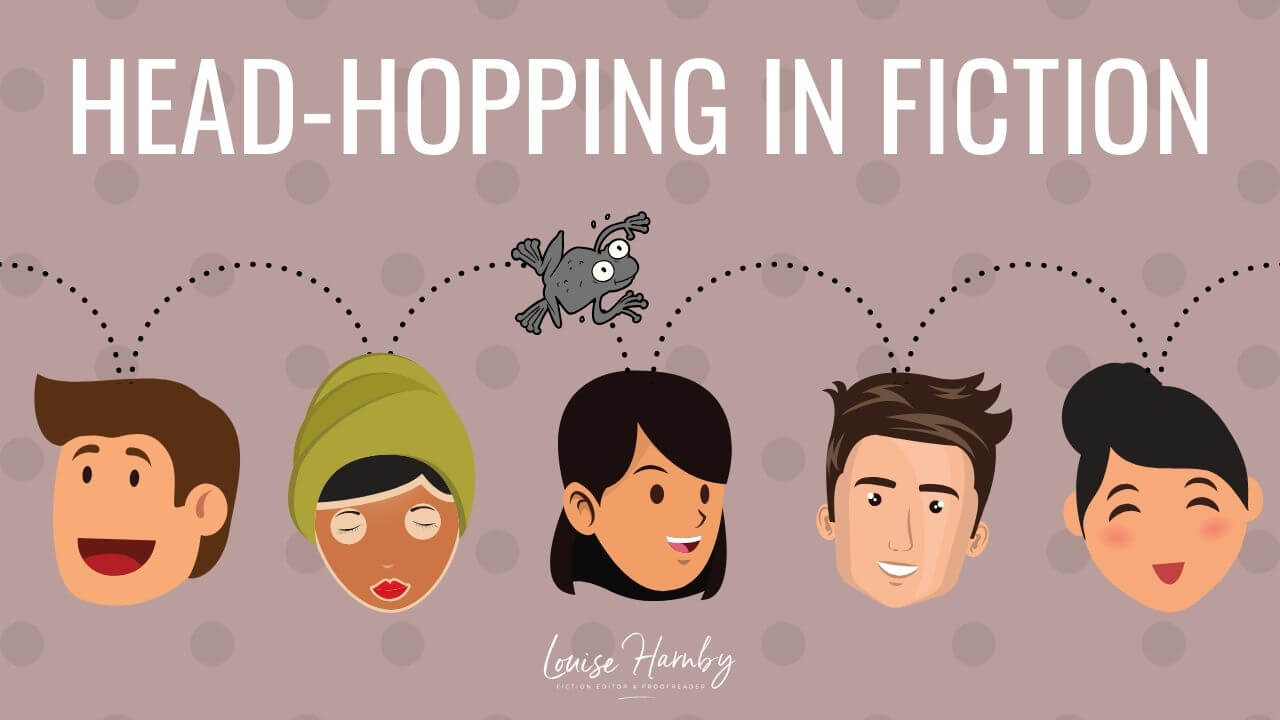
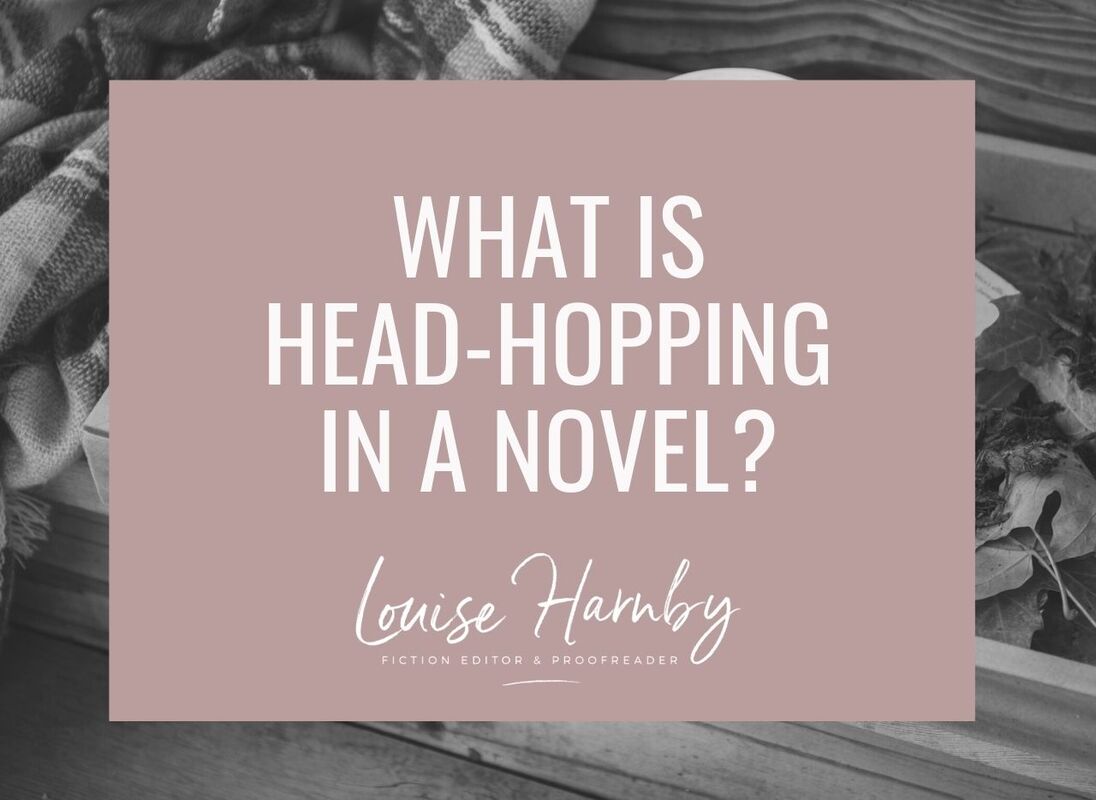

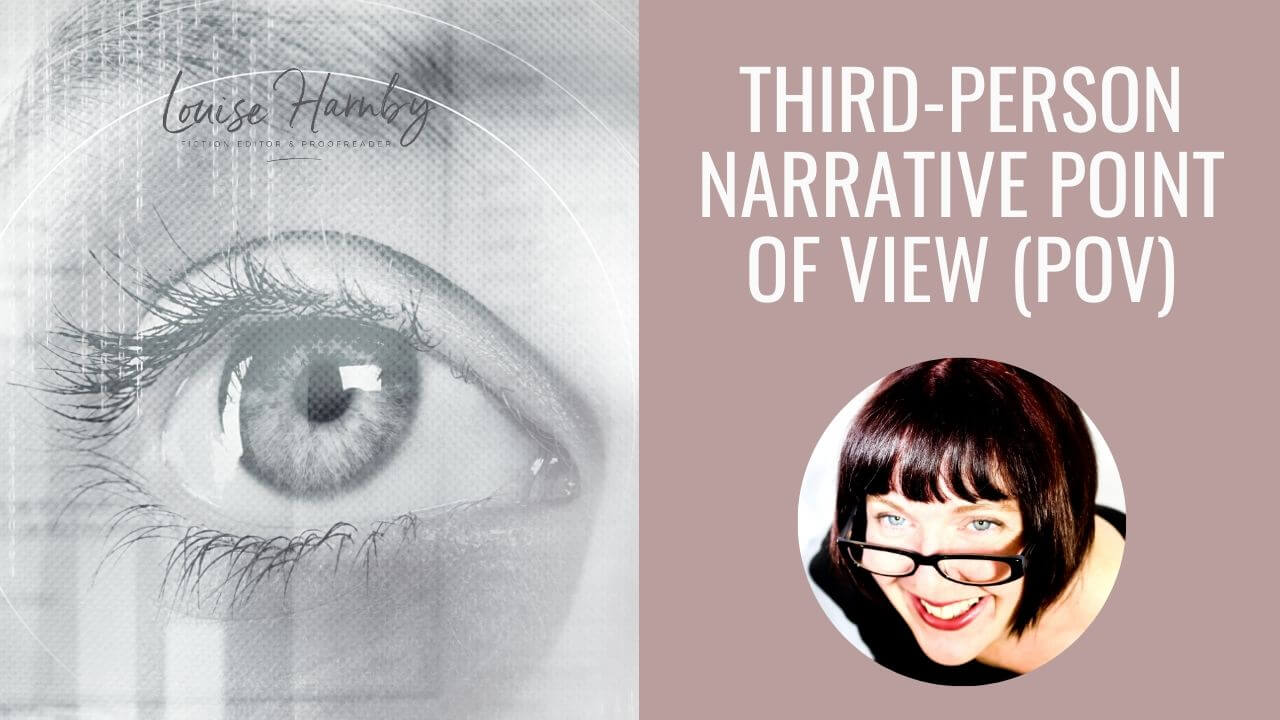
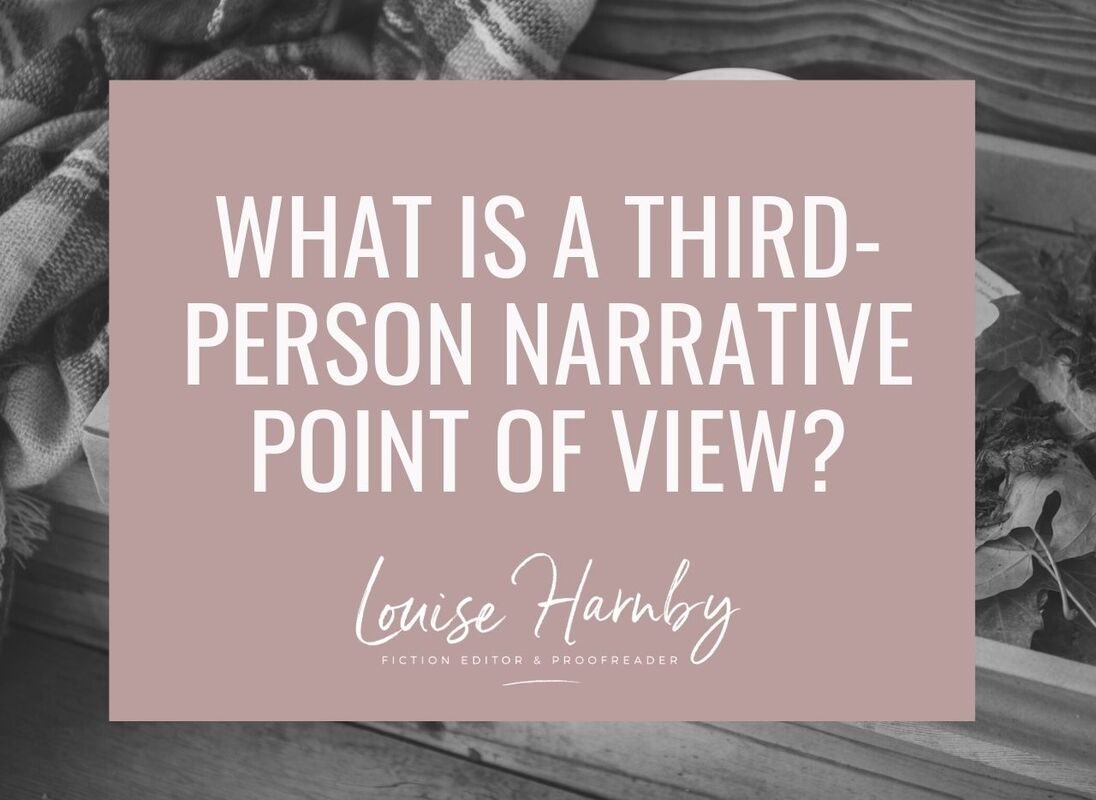
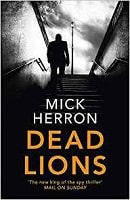
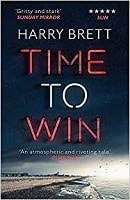
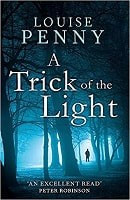
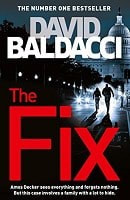
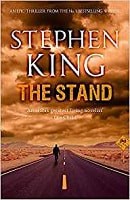
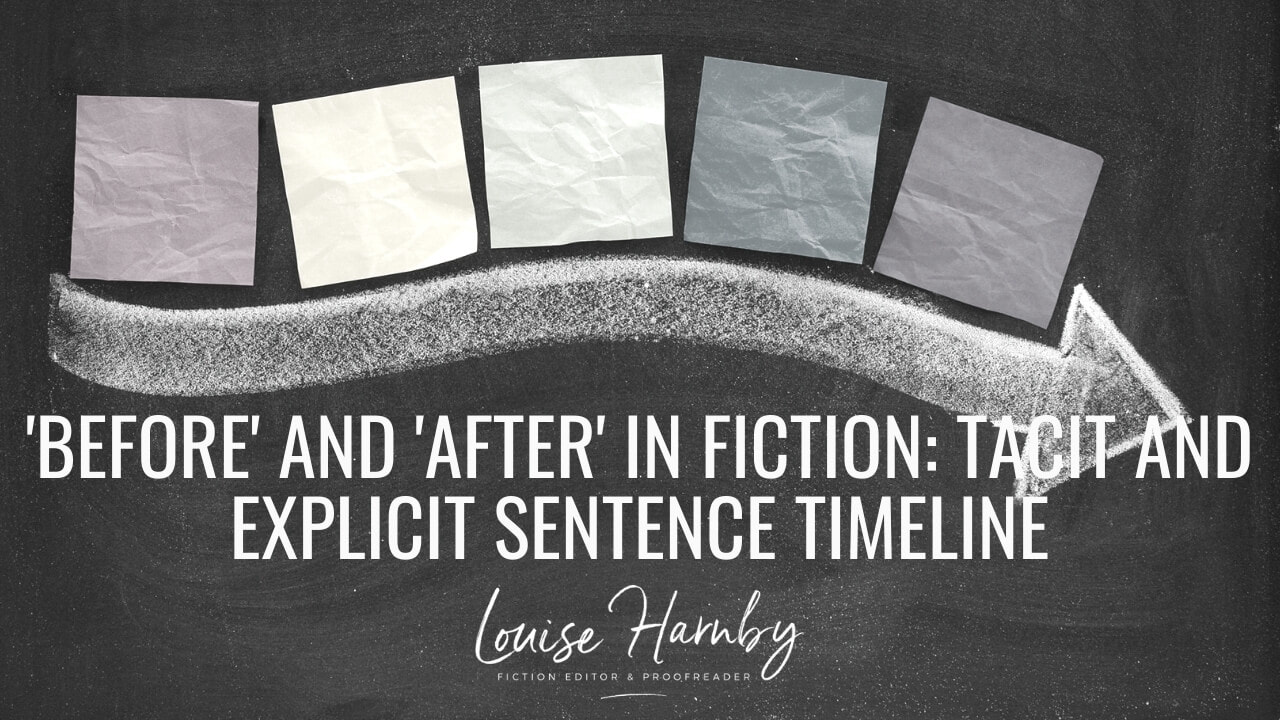
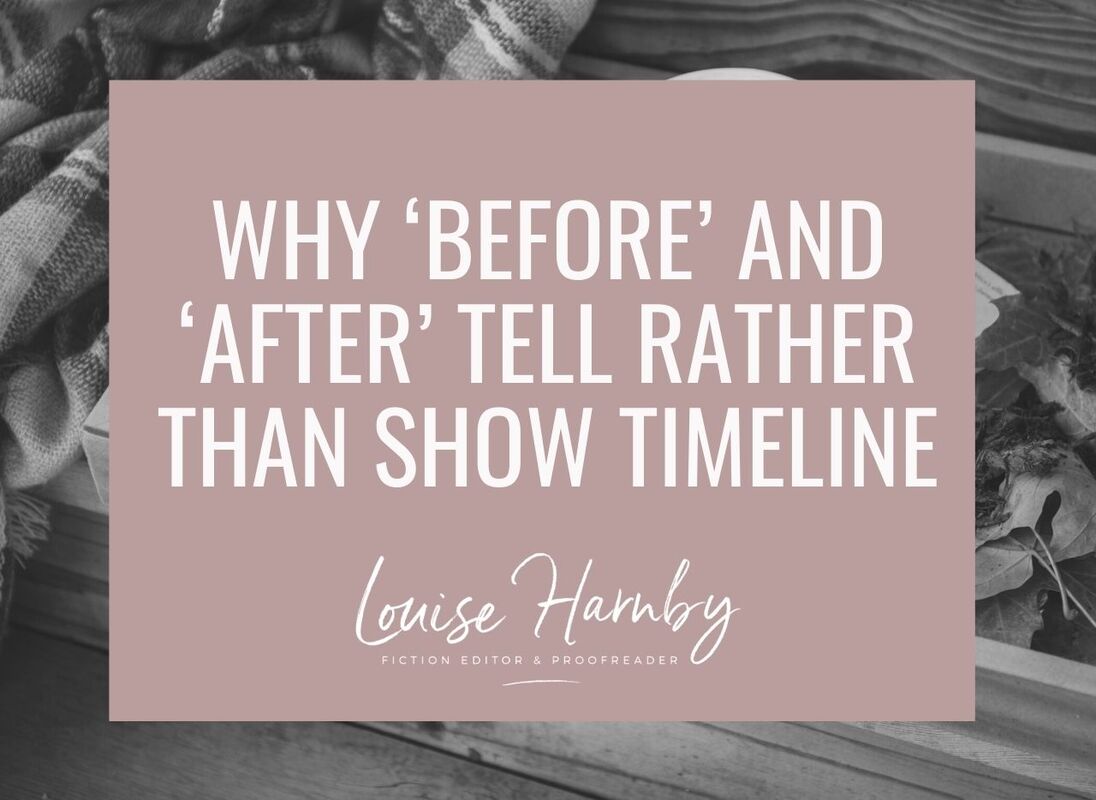

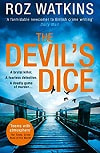

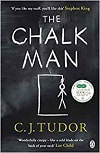















 RSS Feed
RSS Feed





